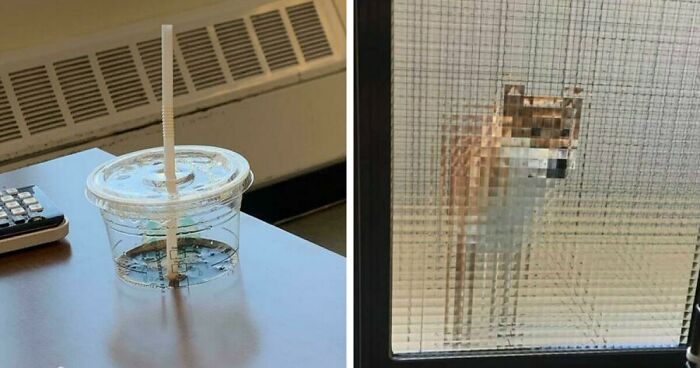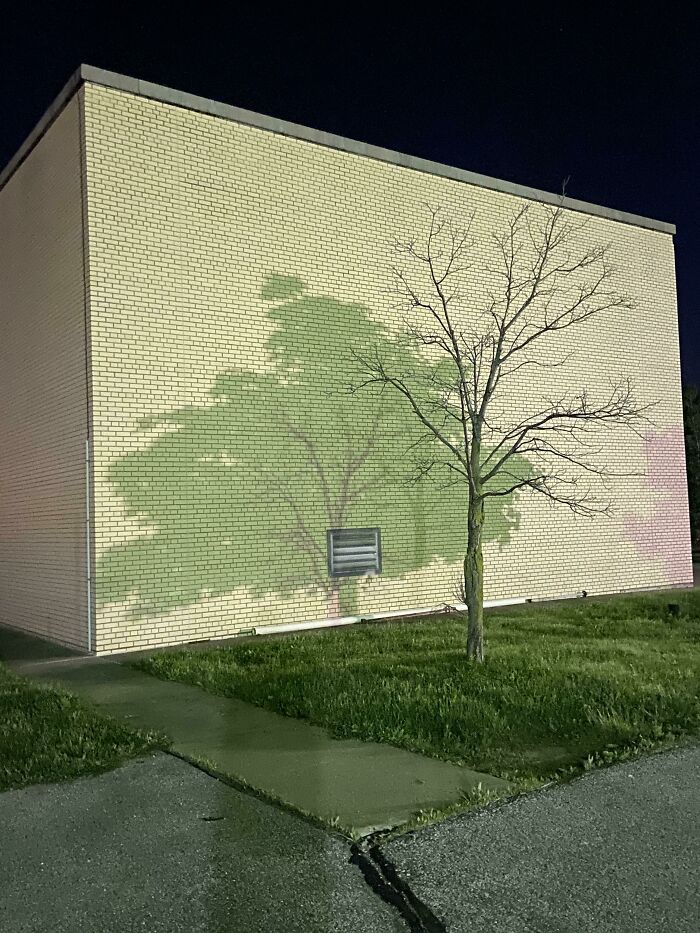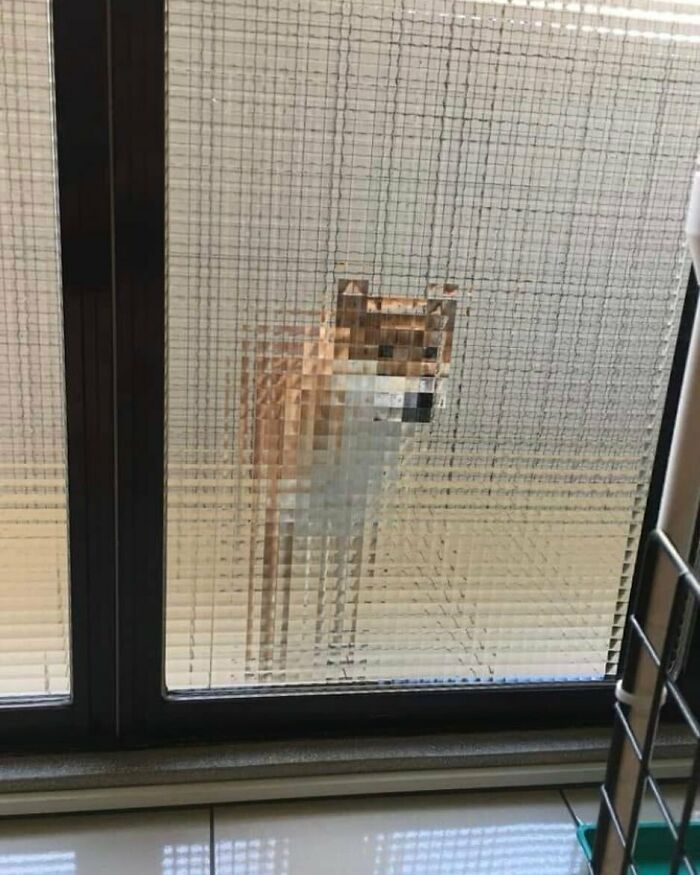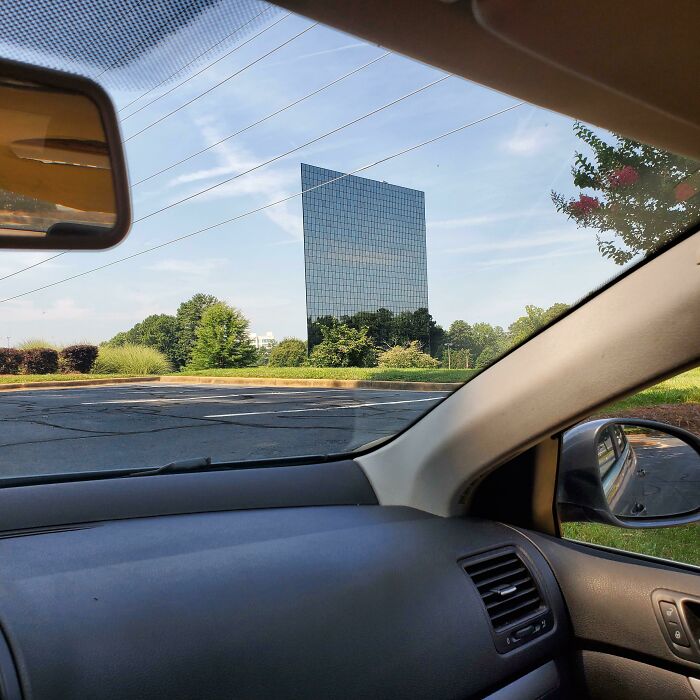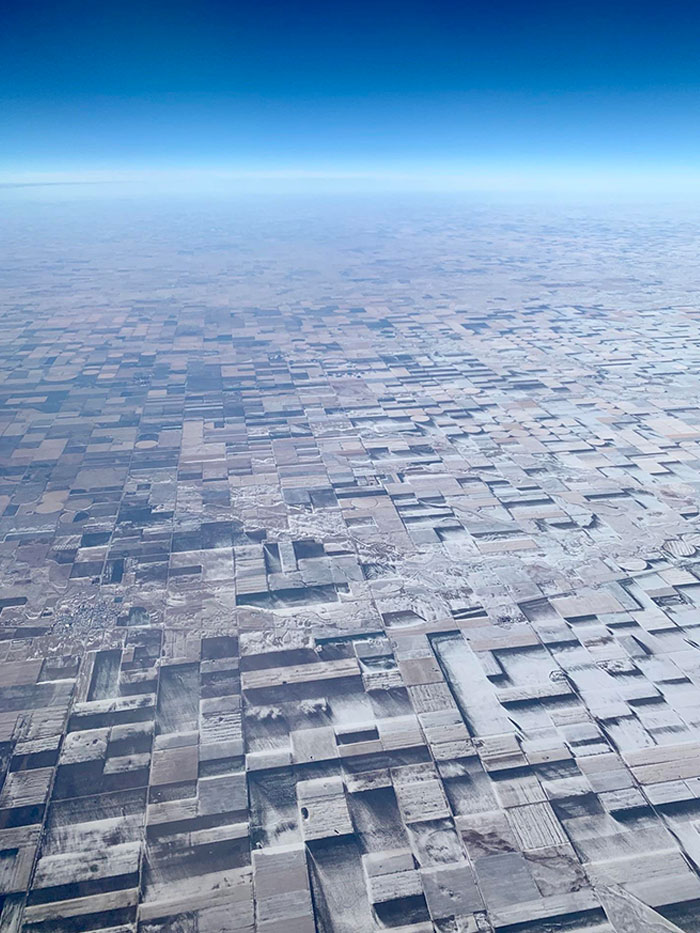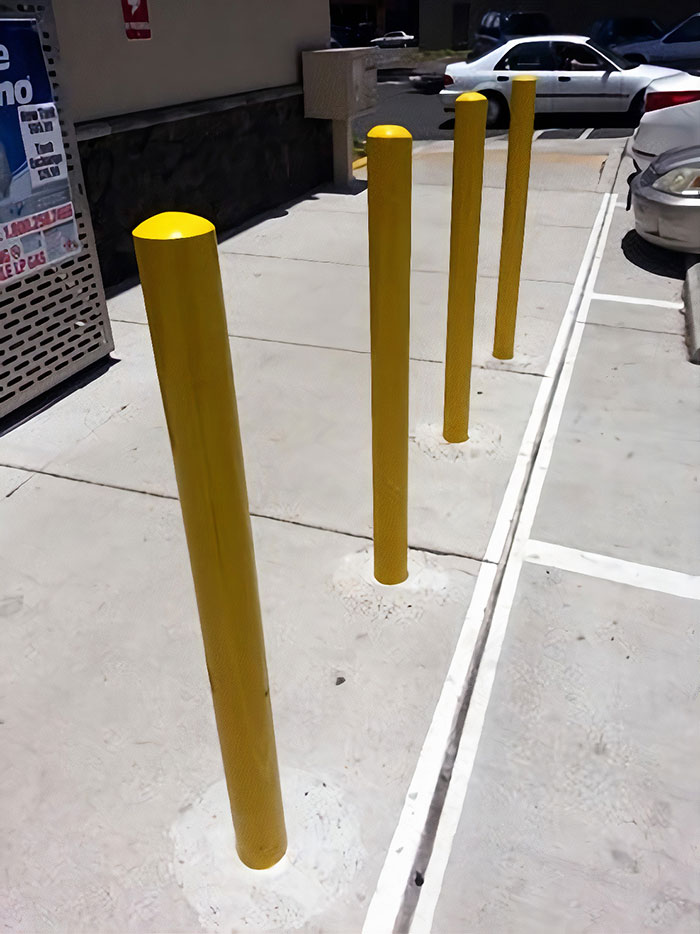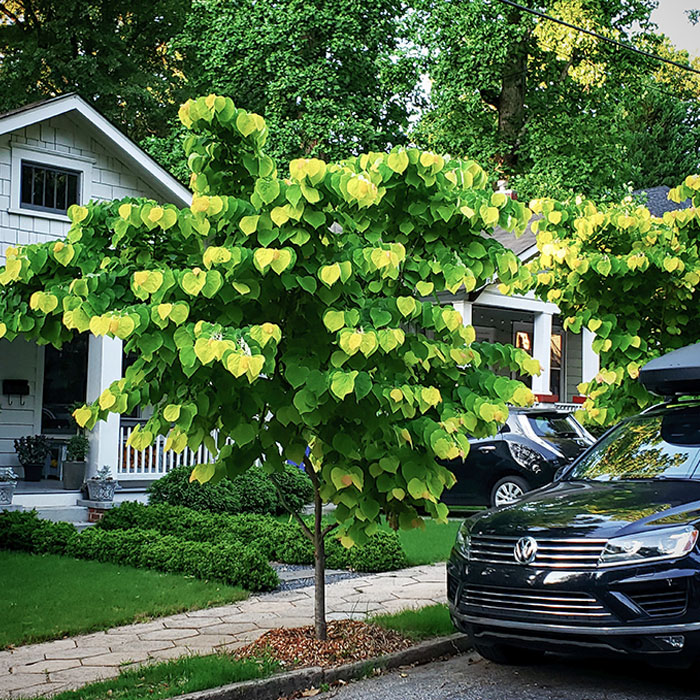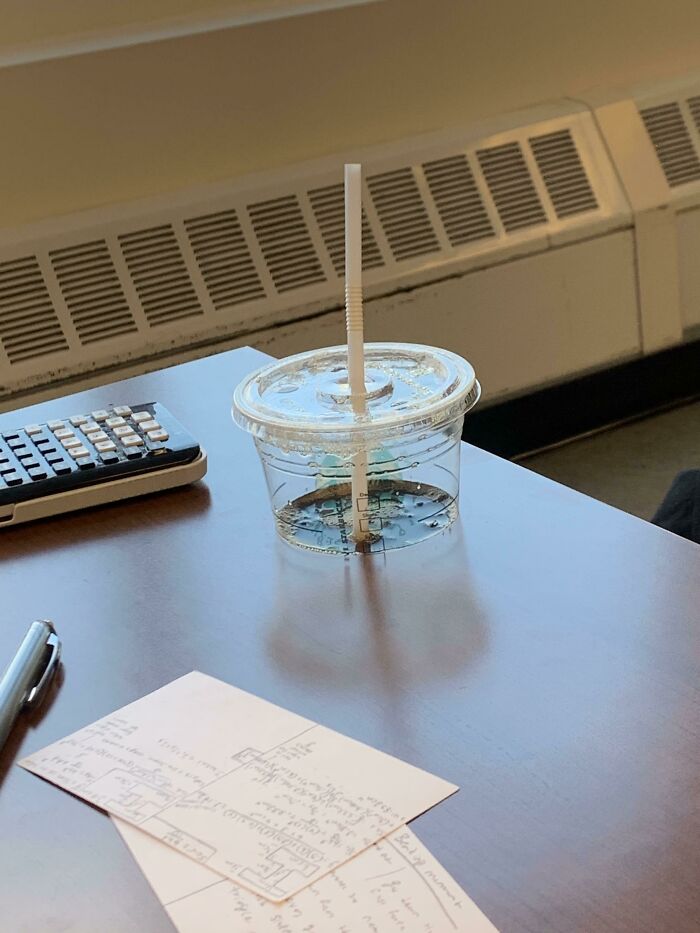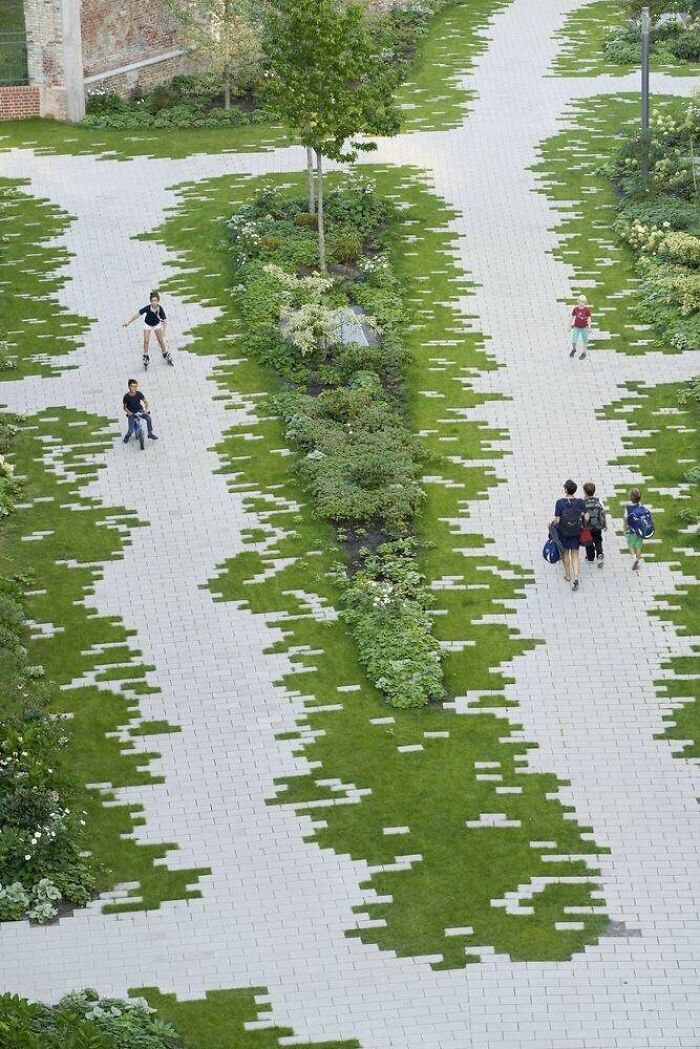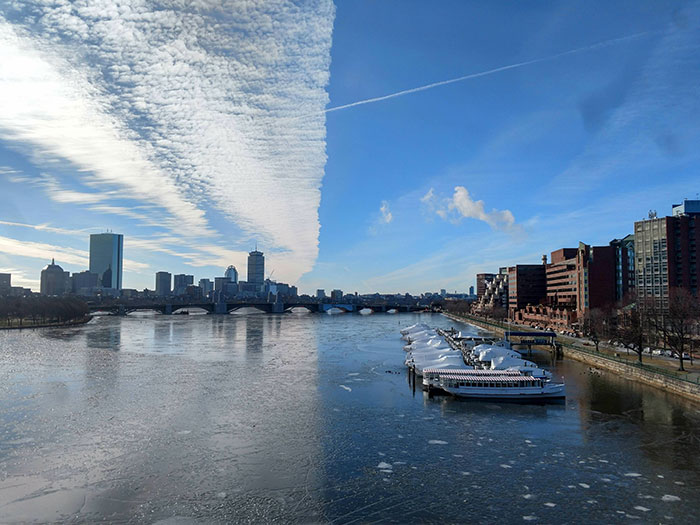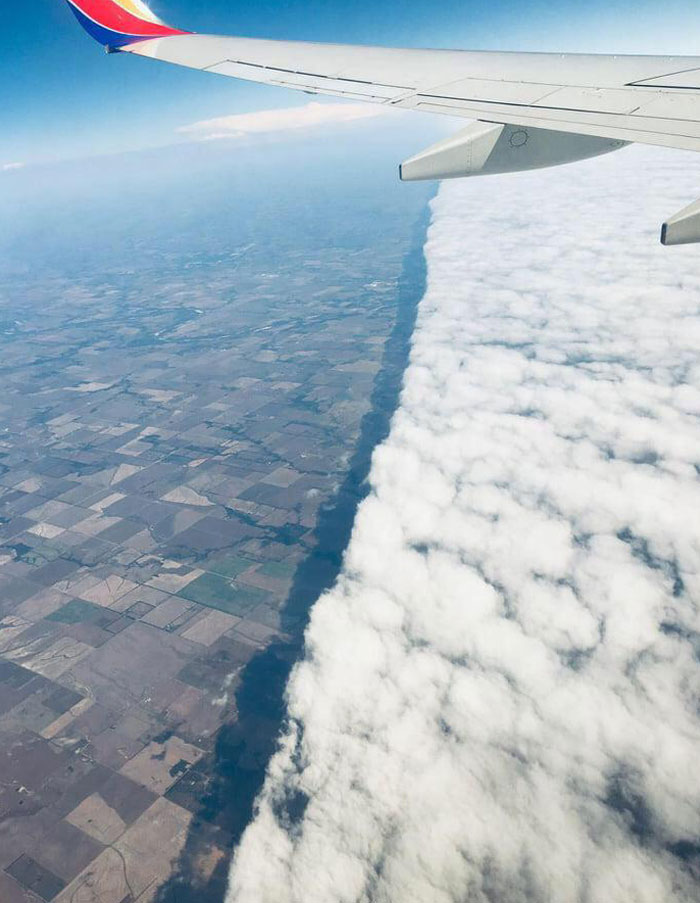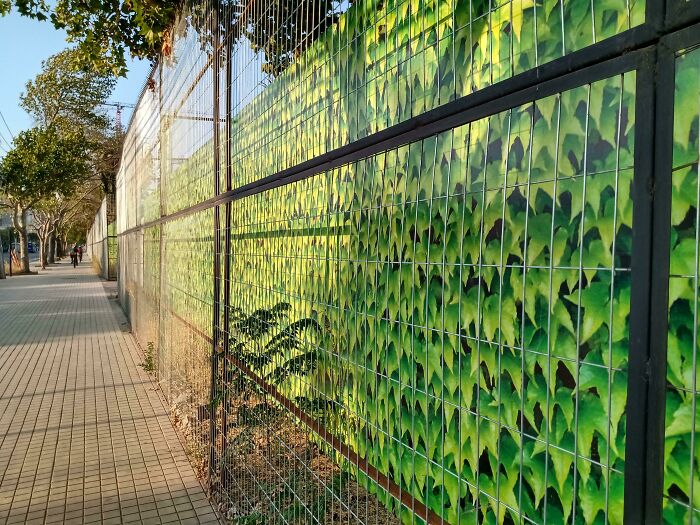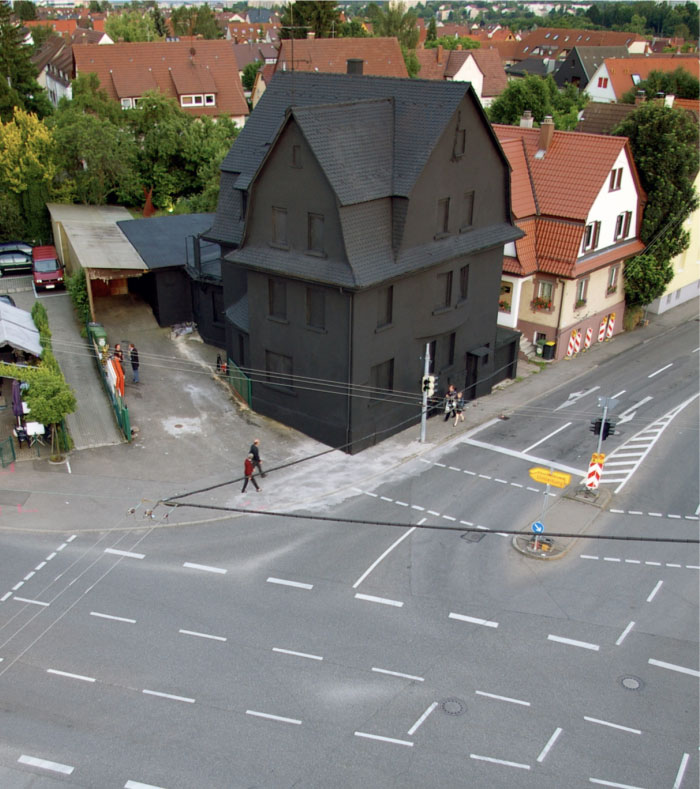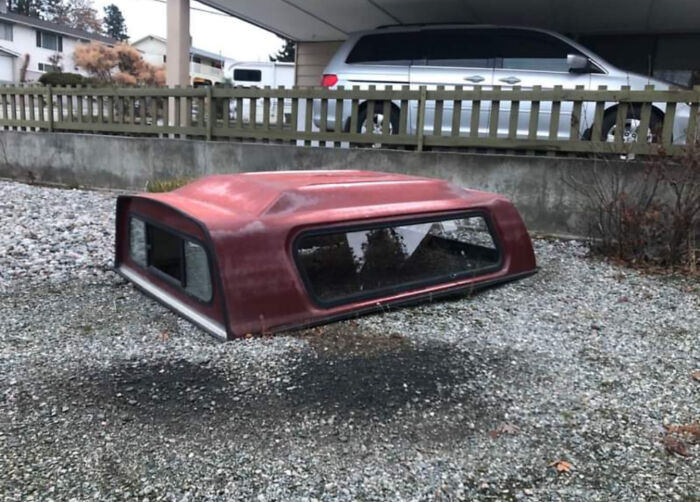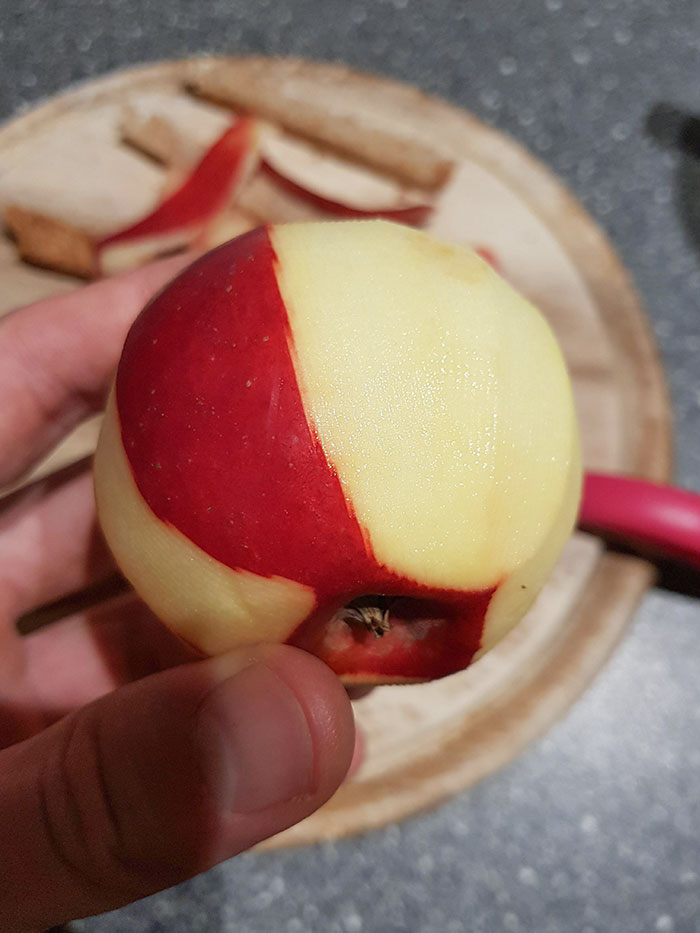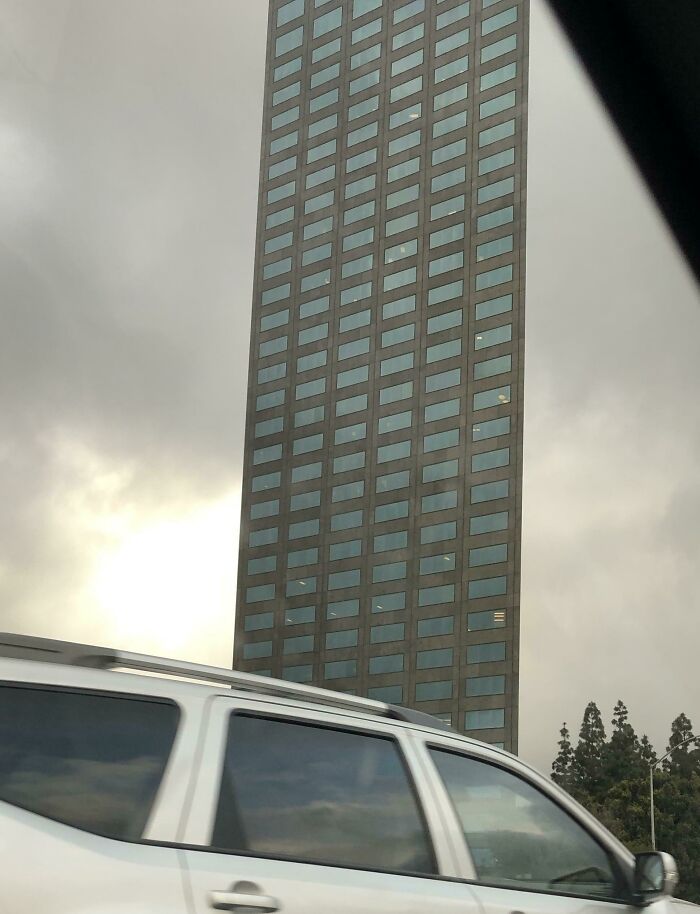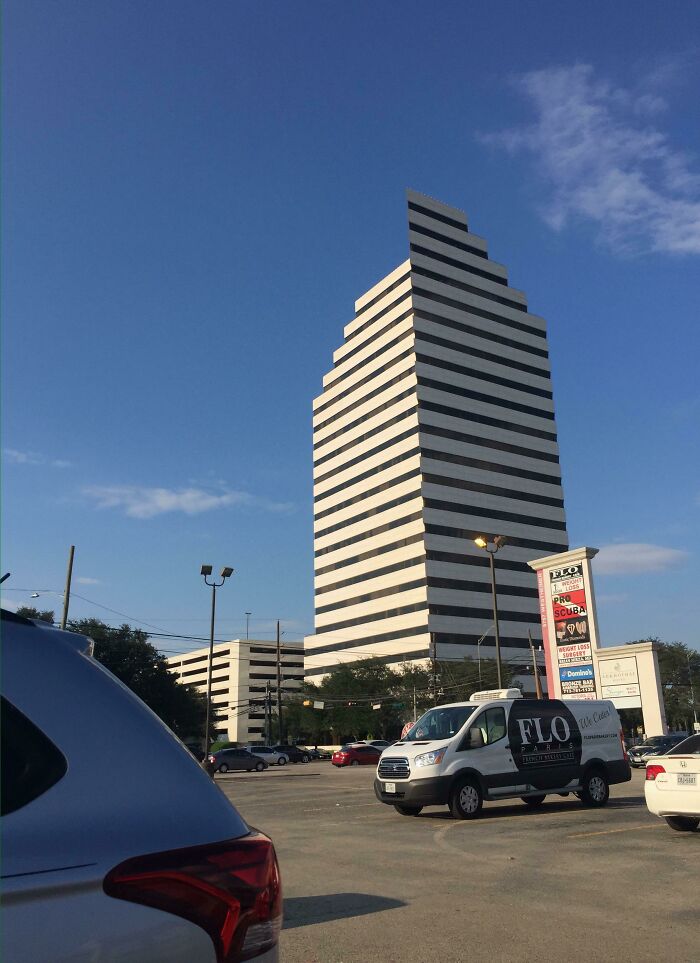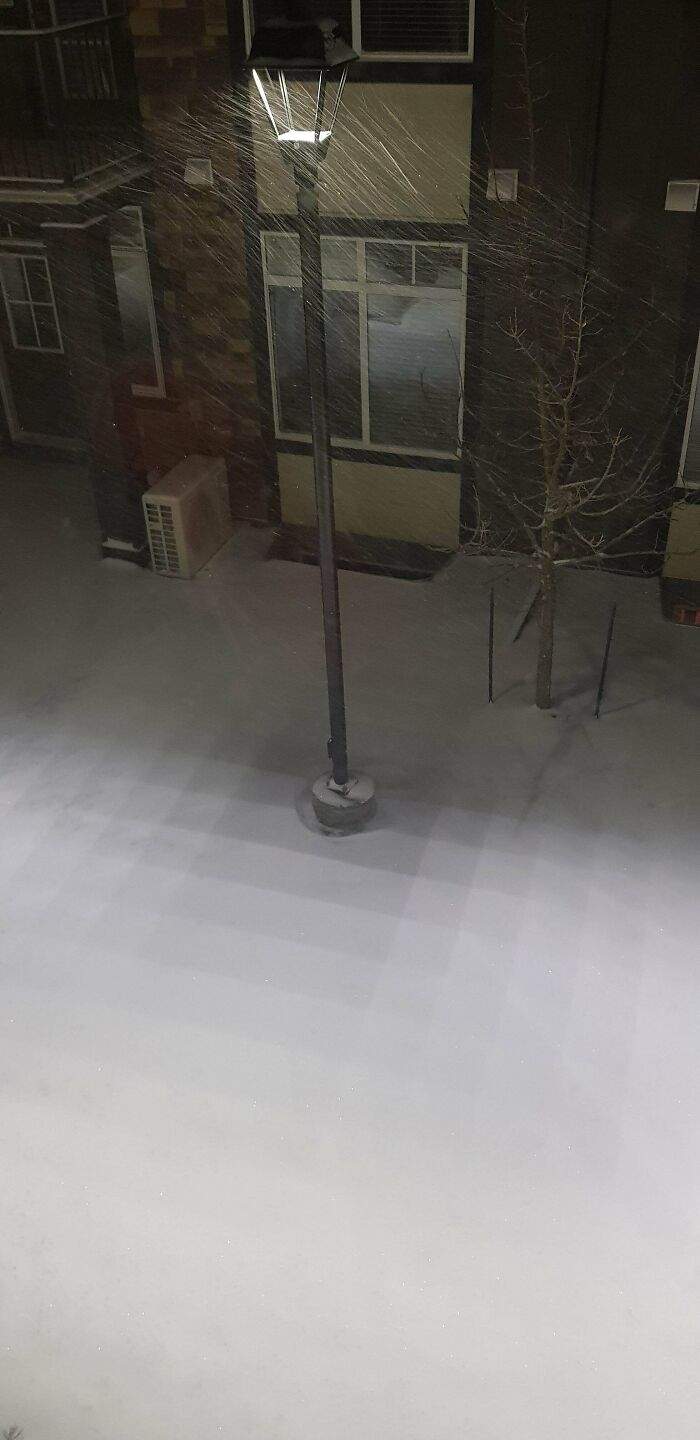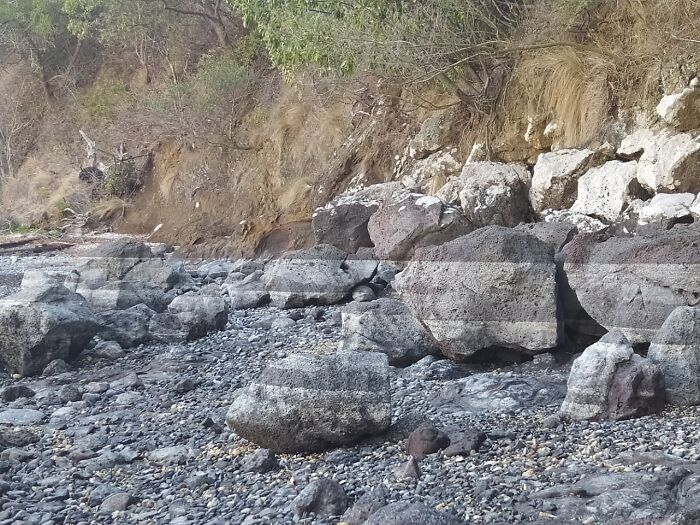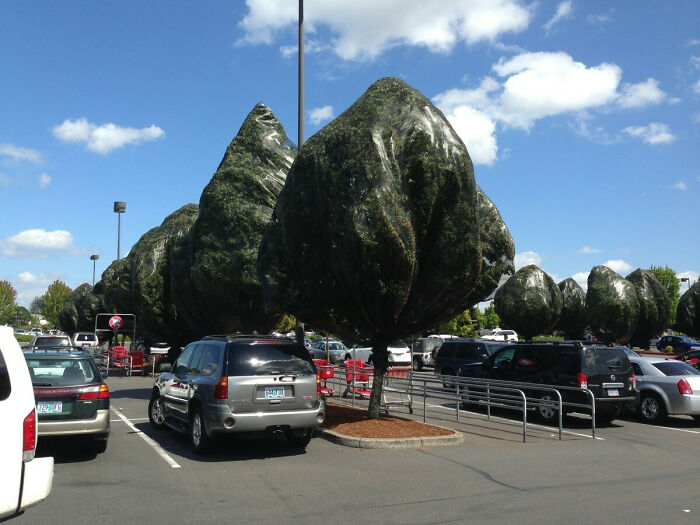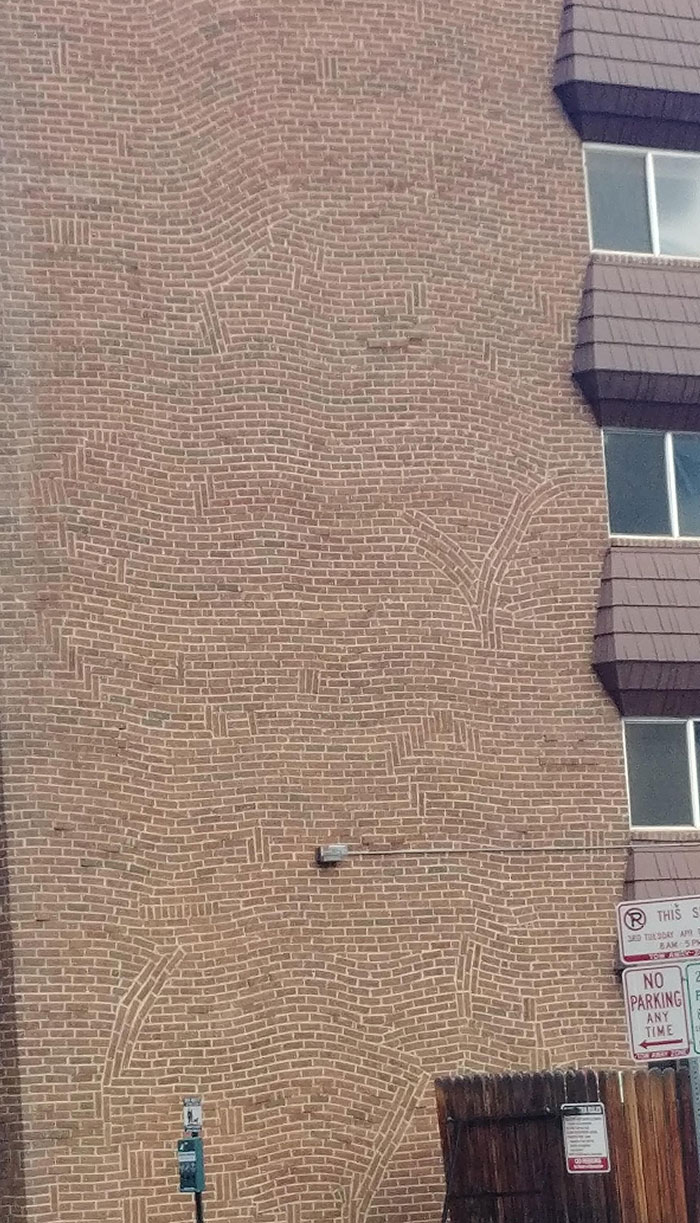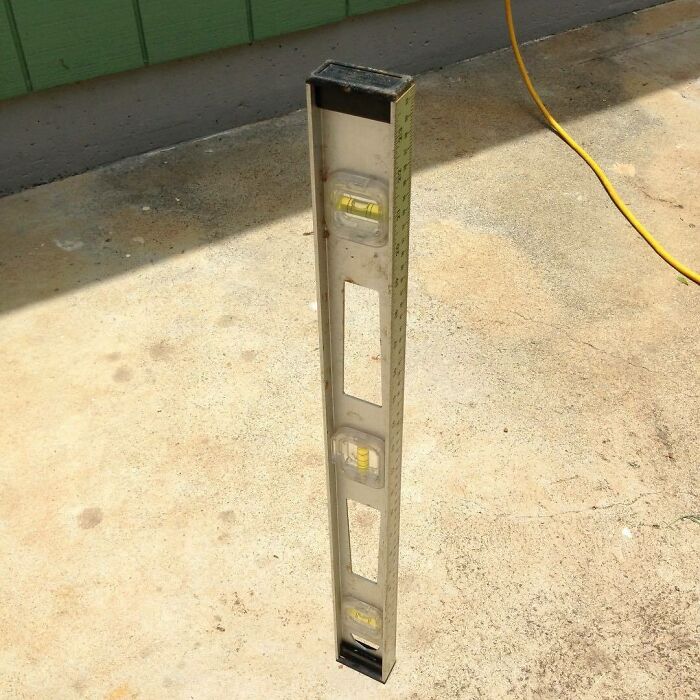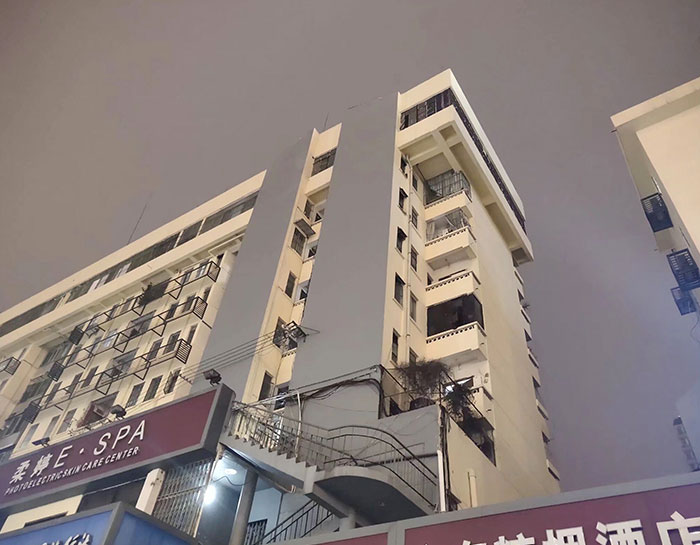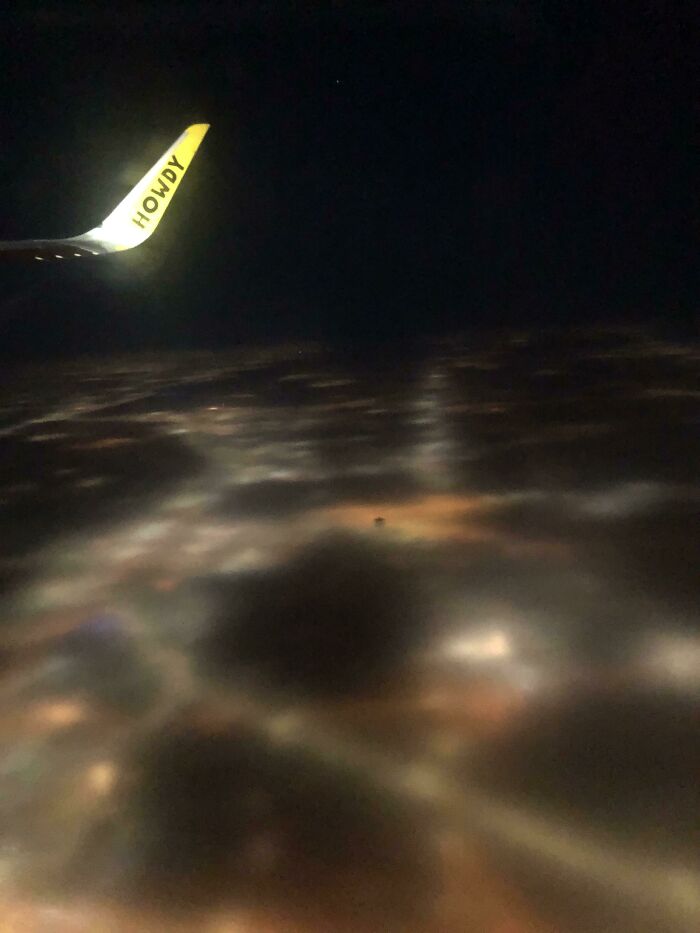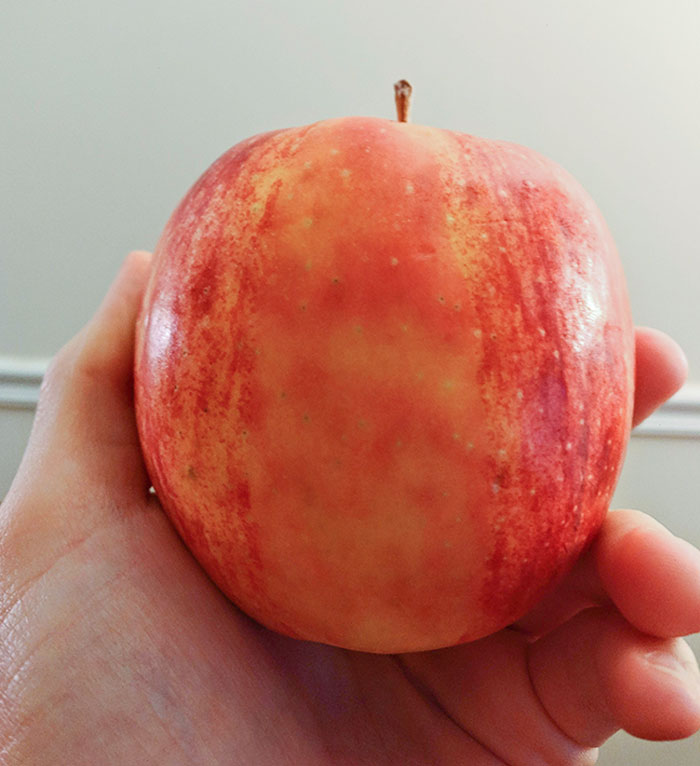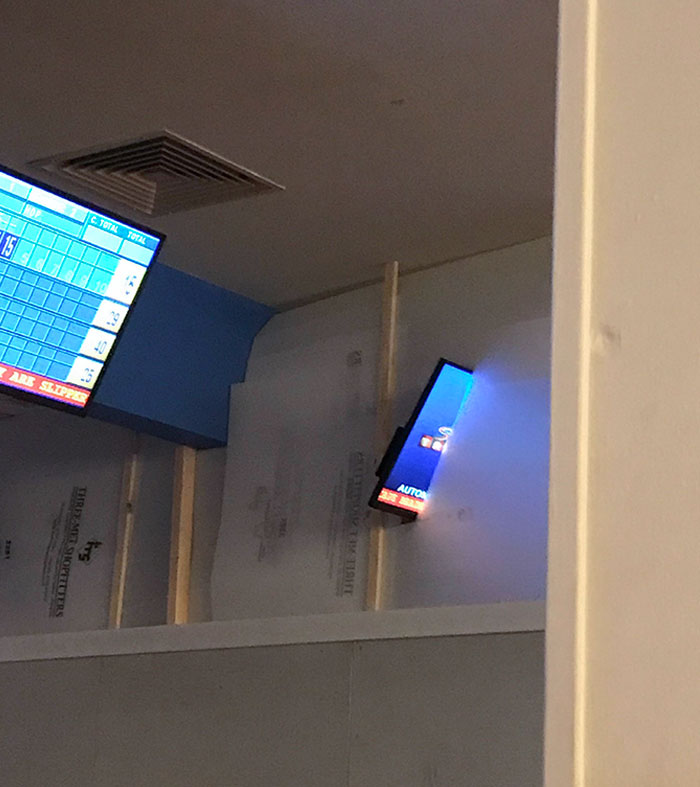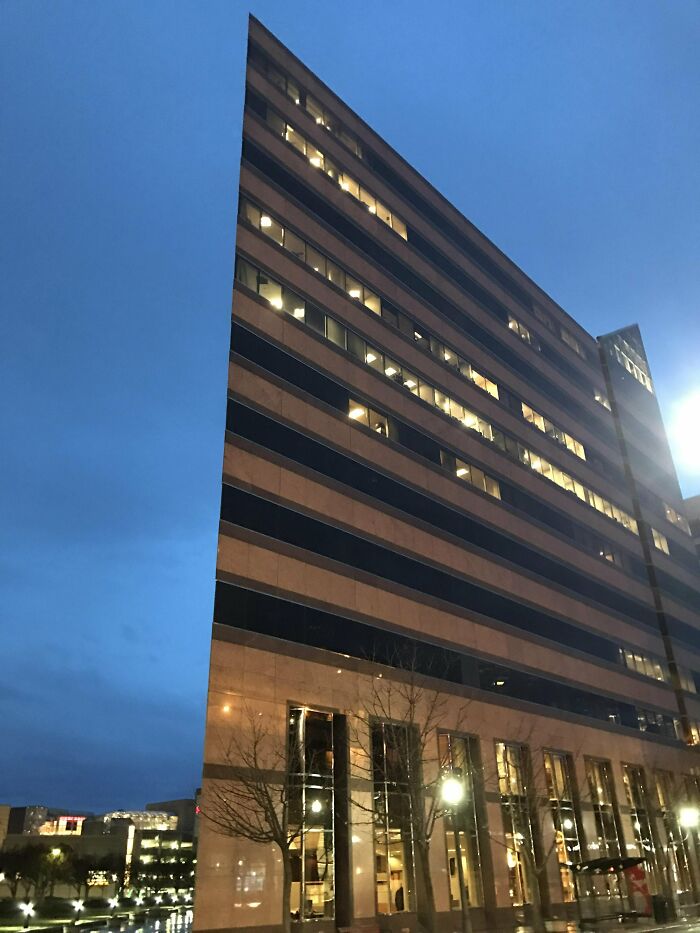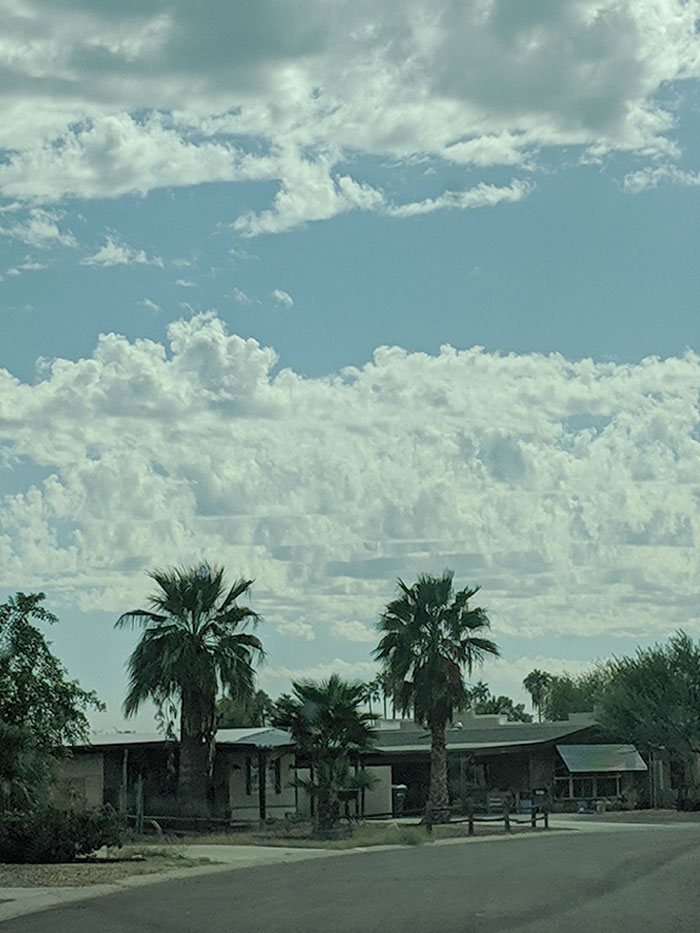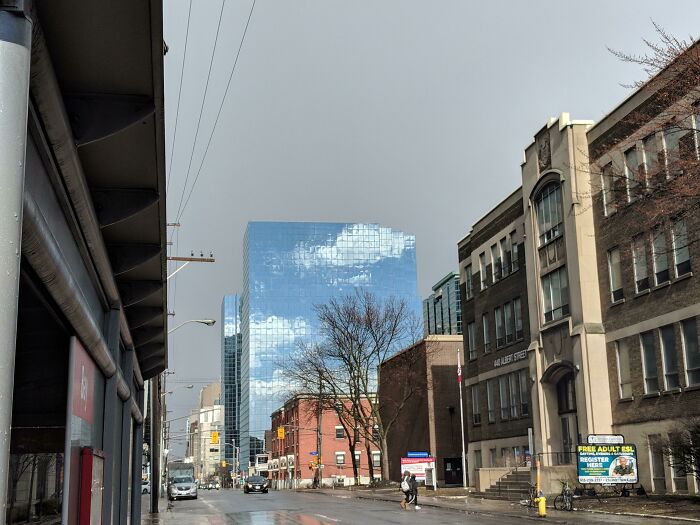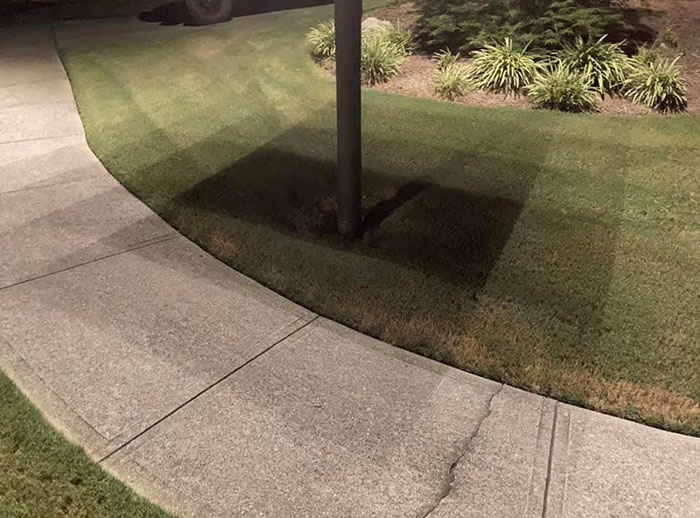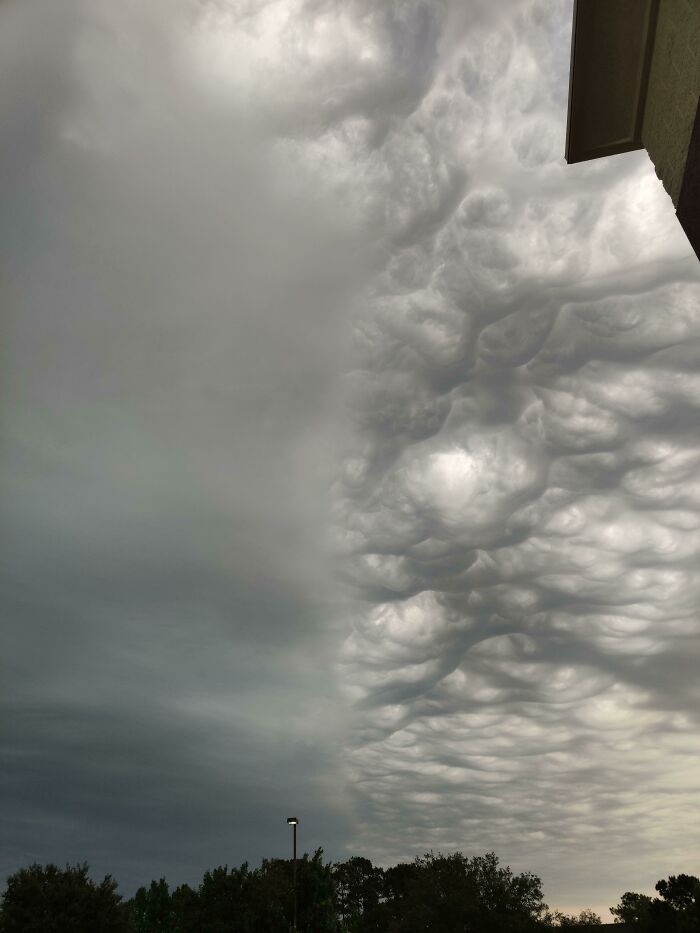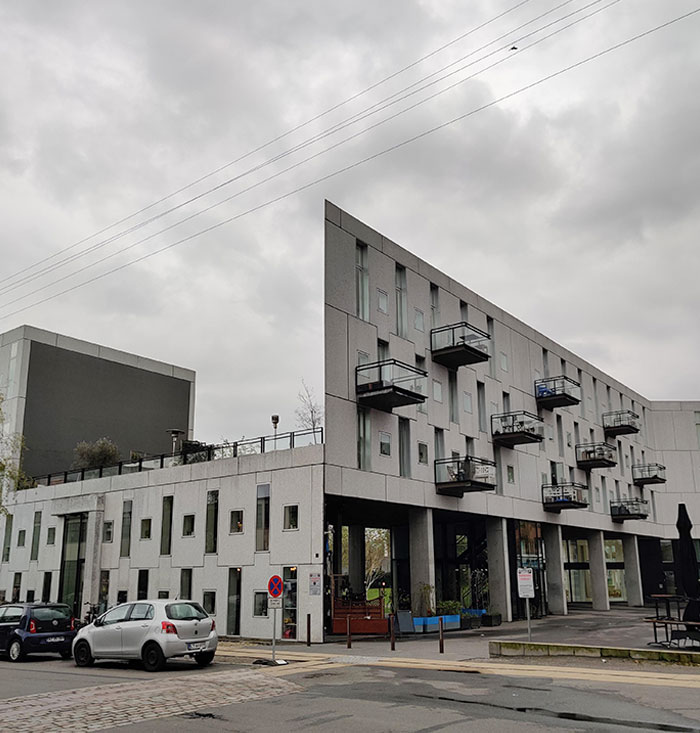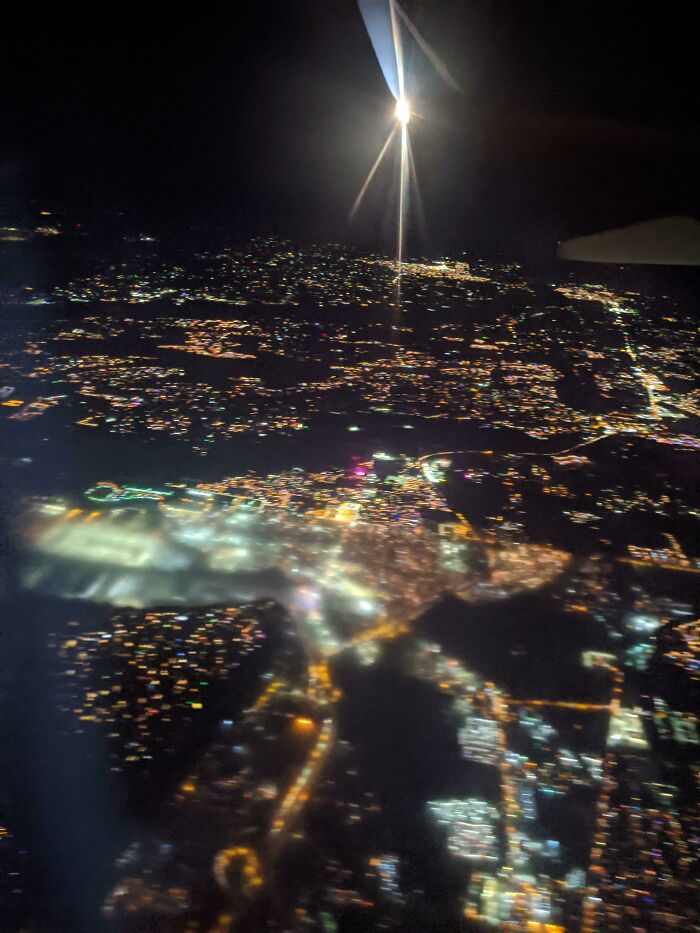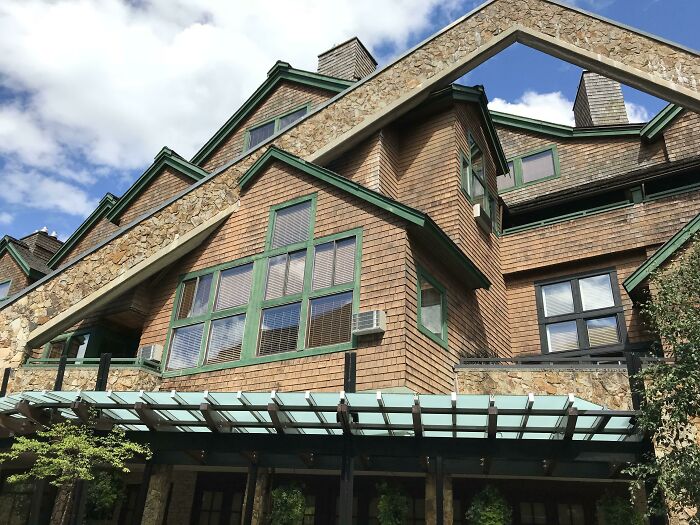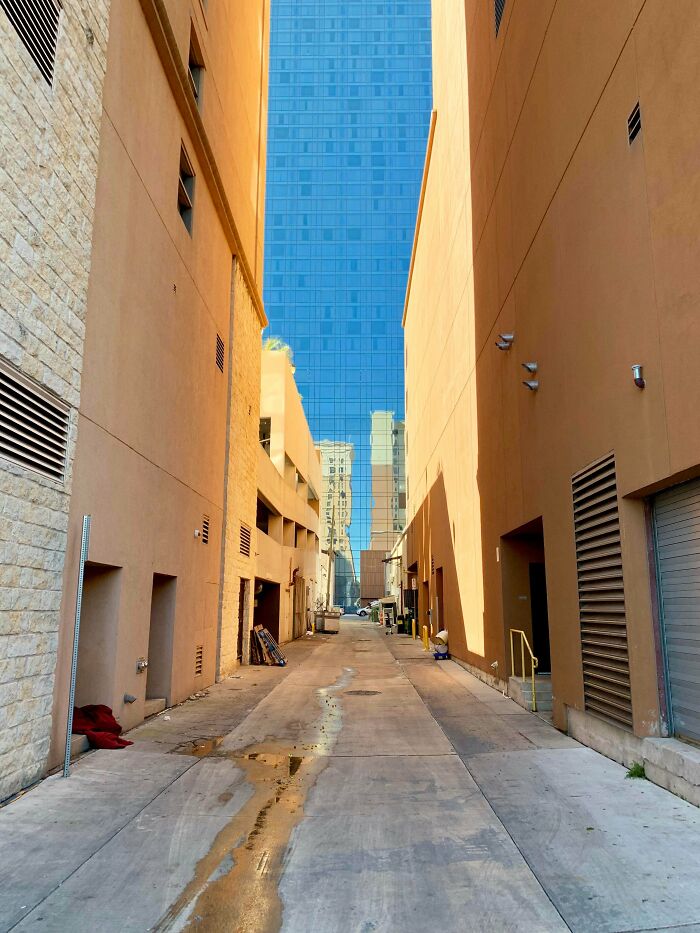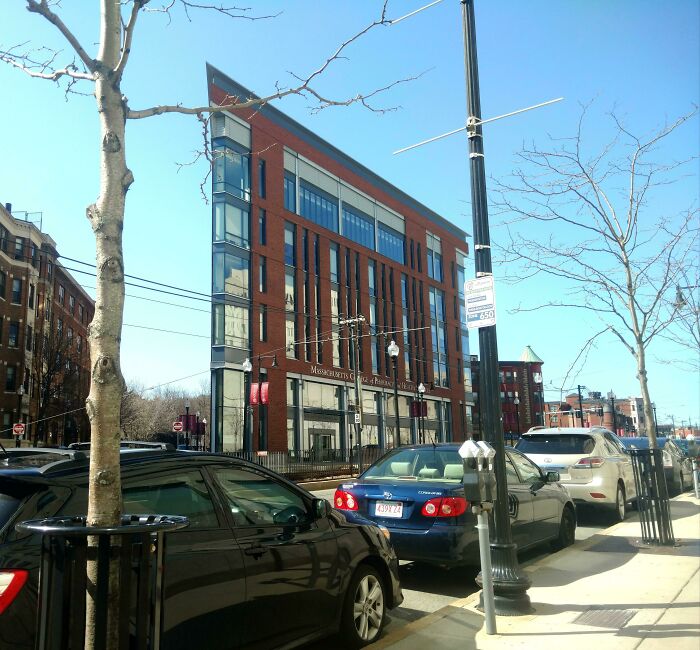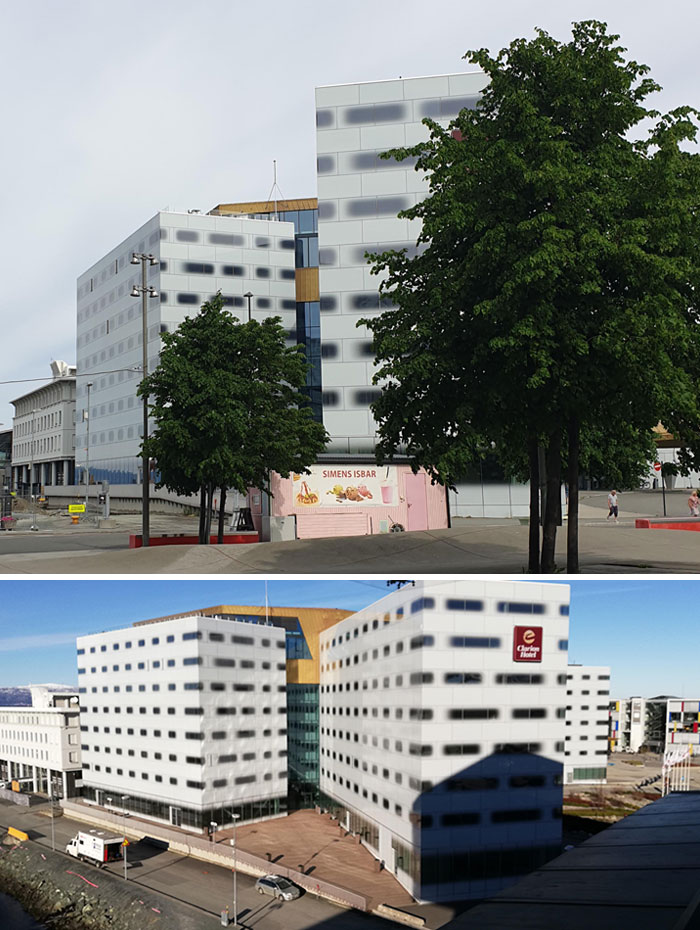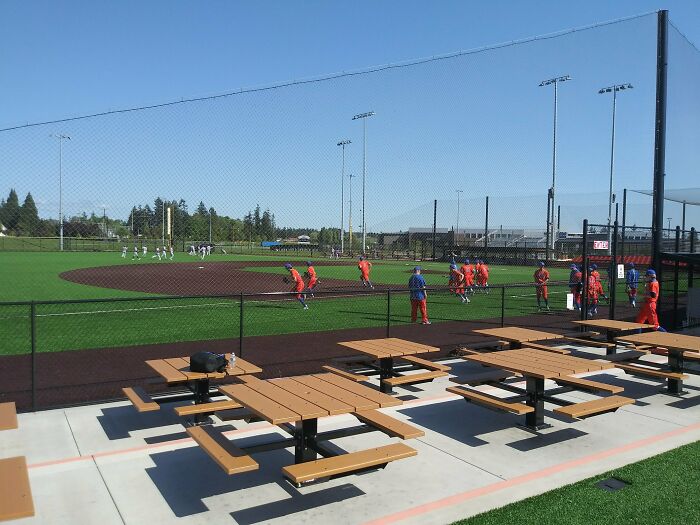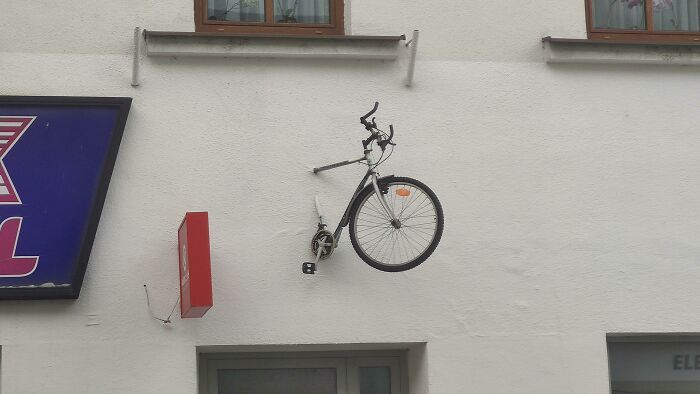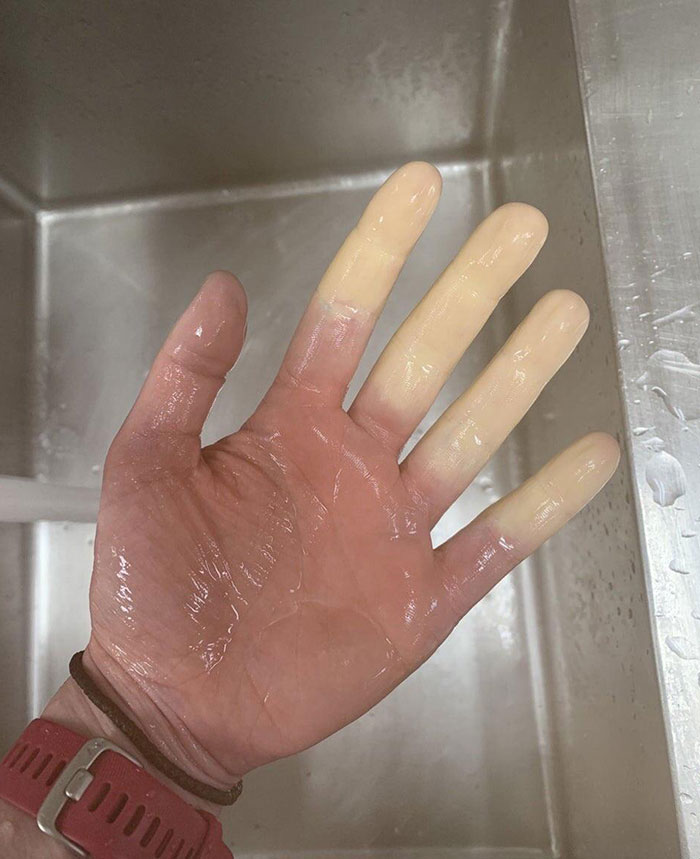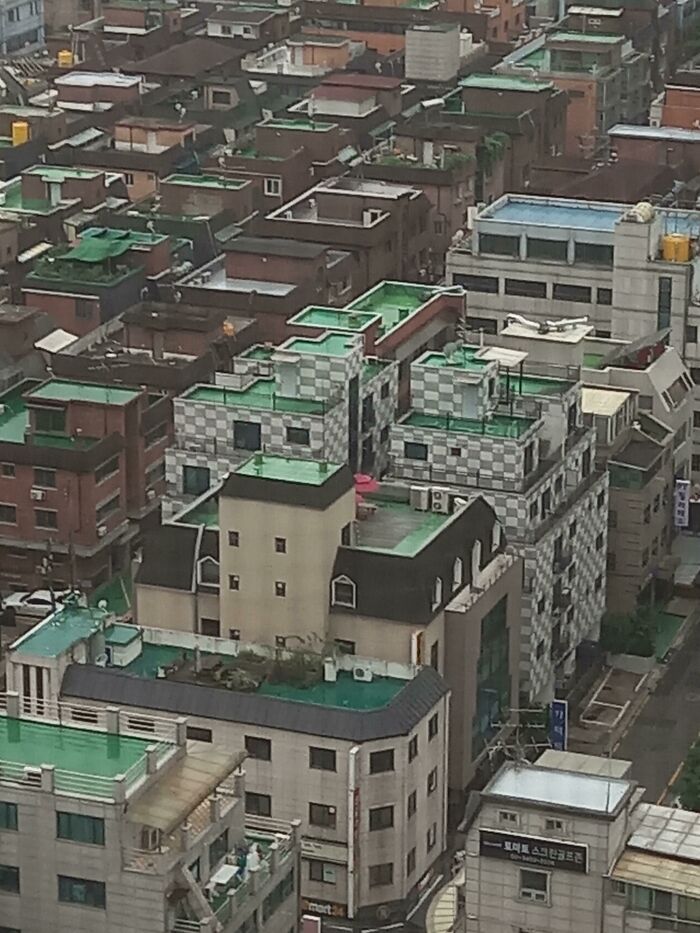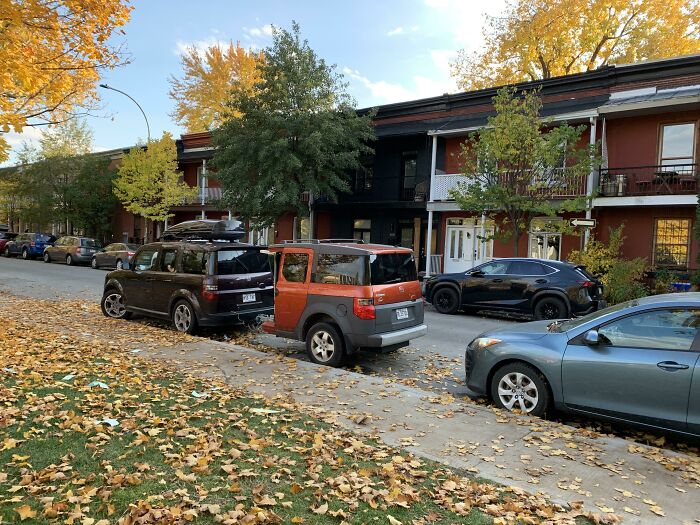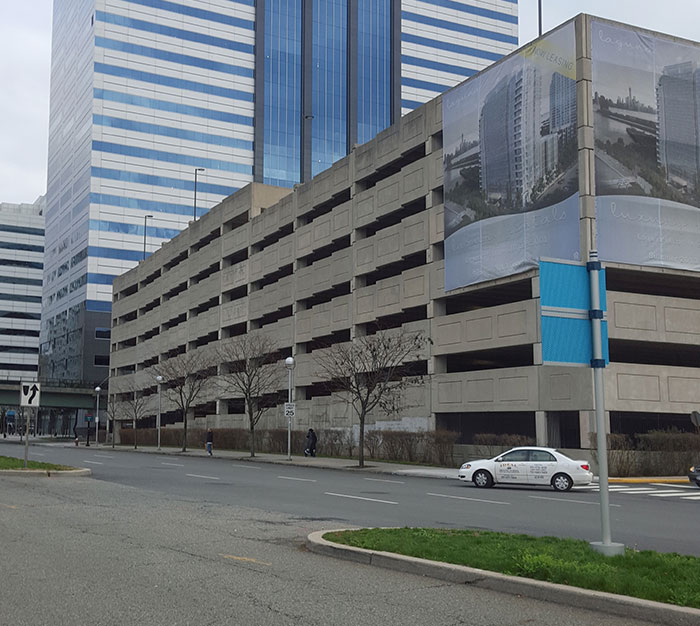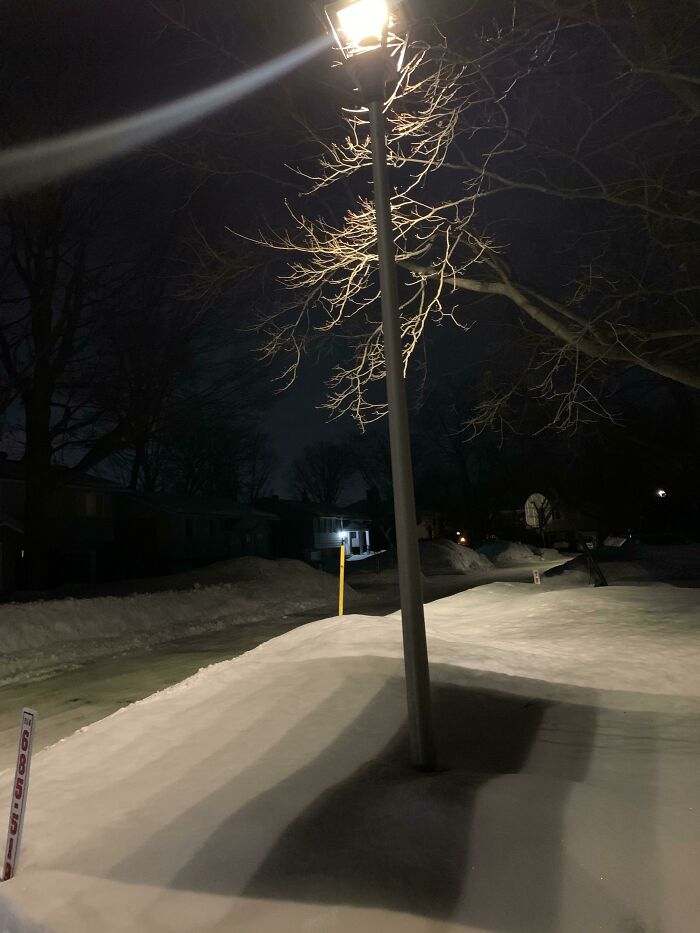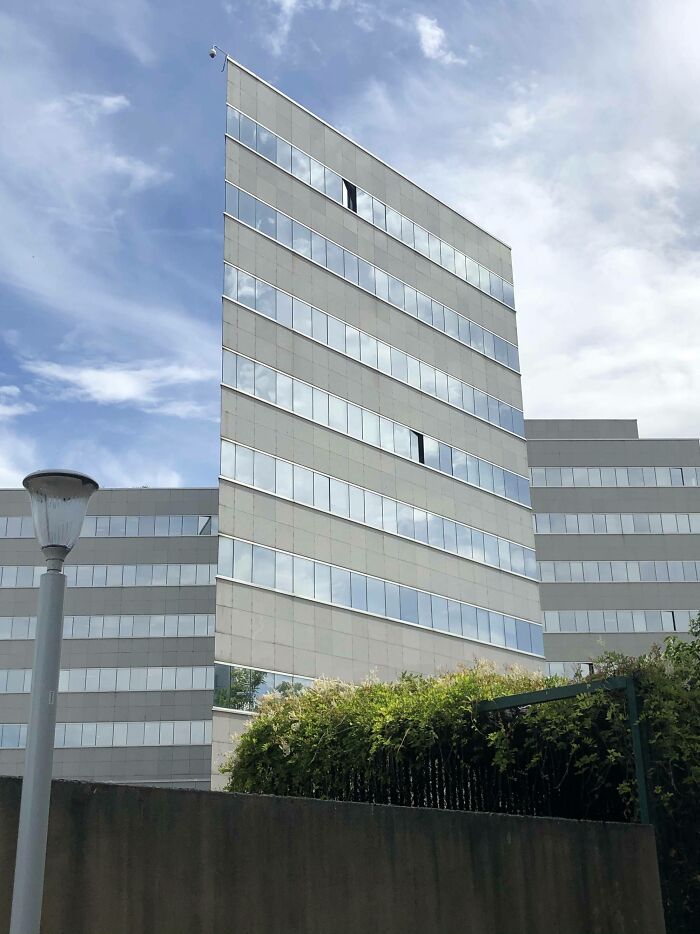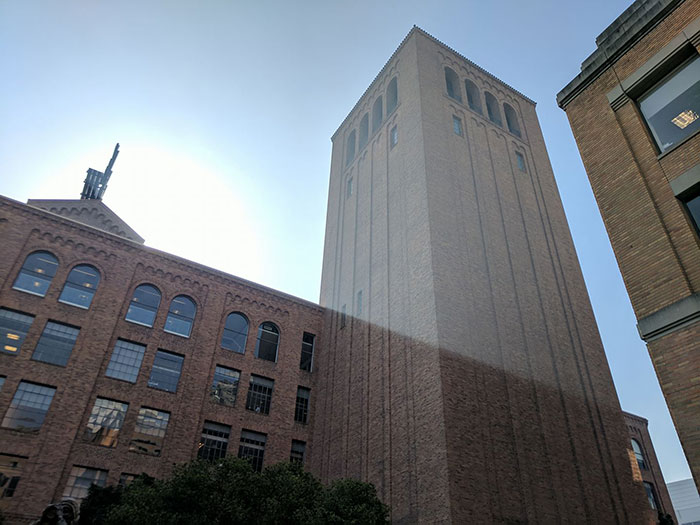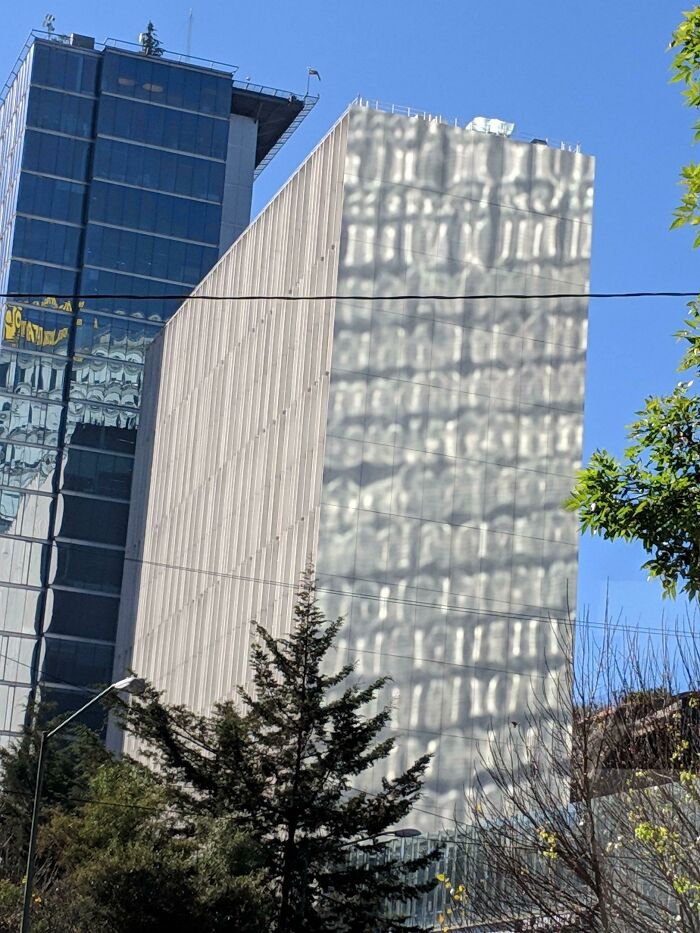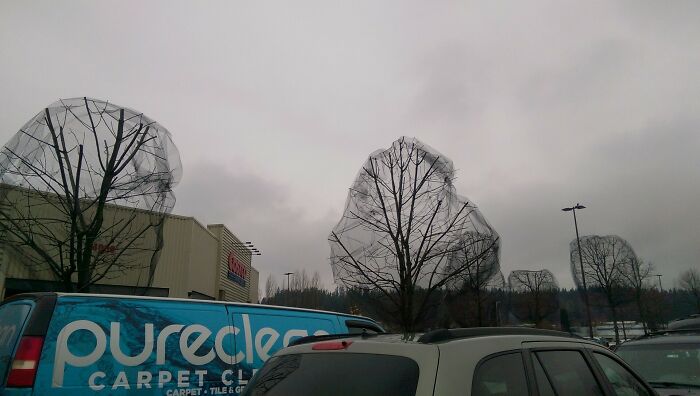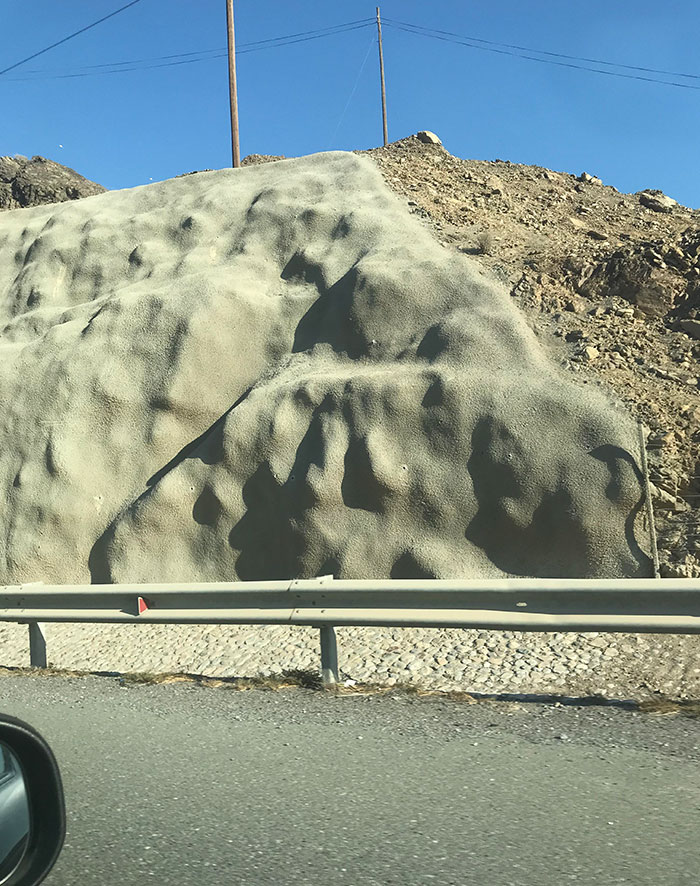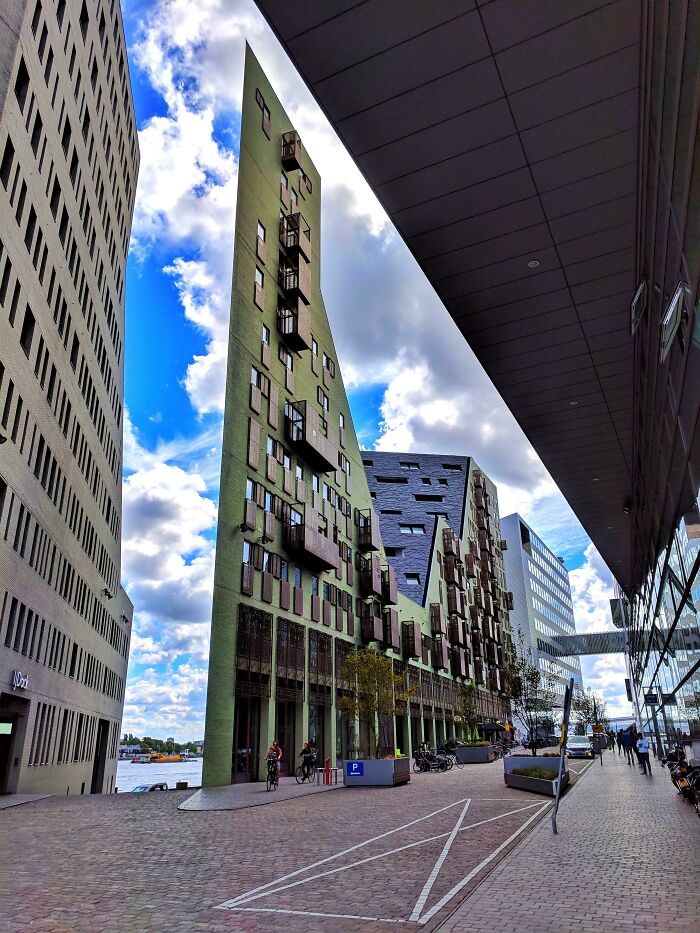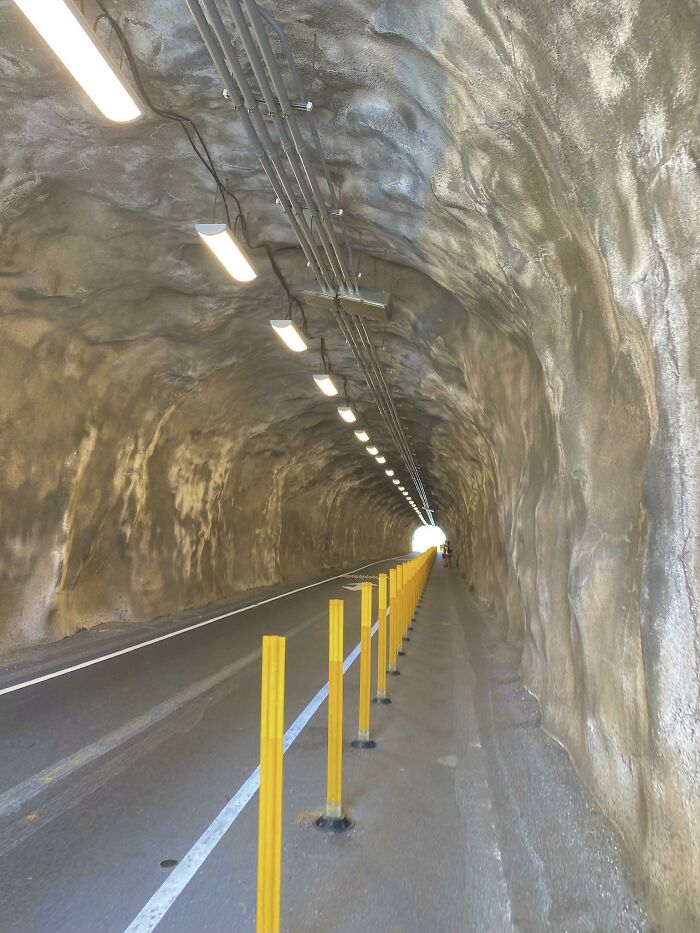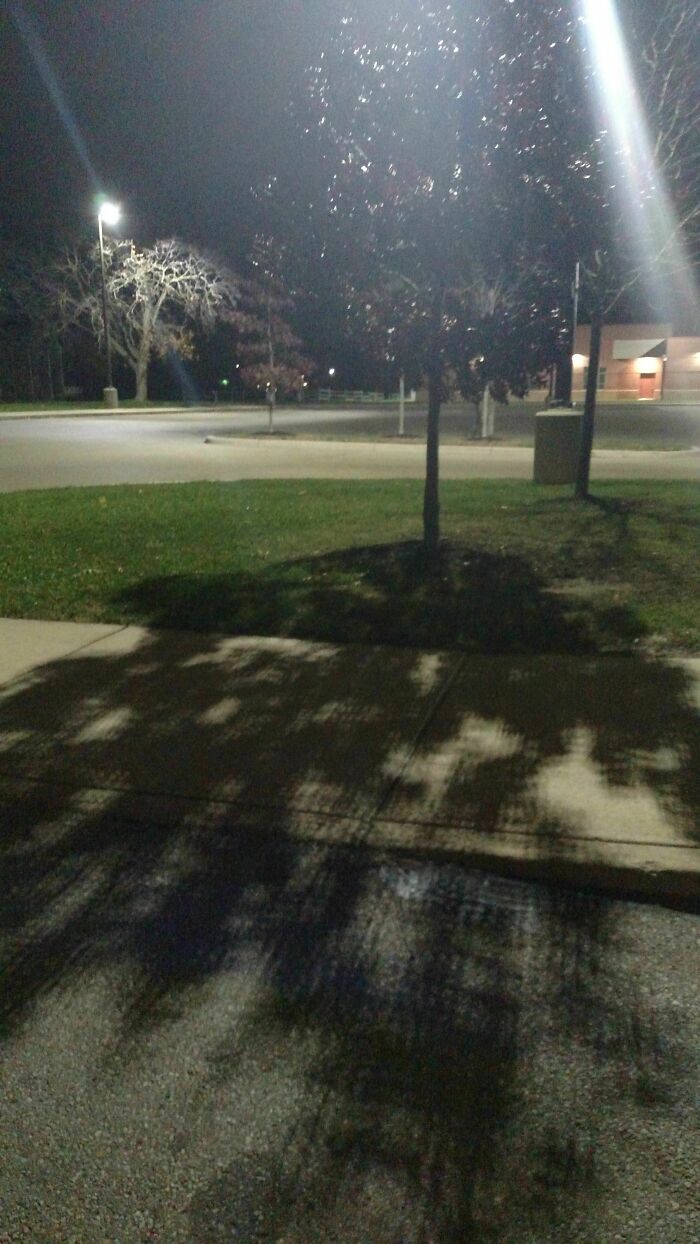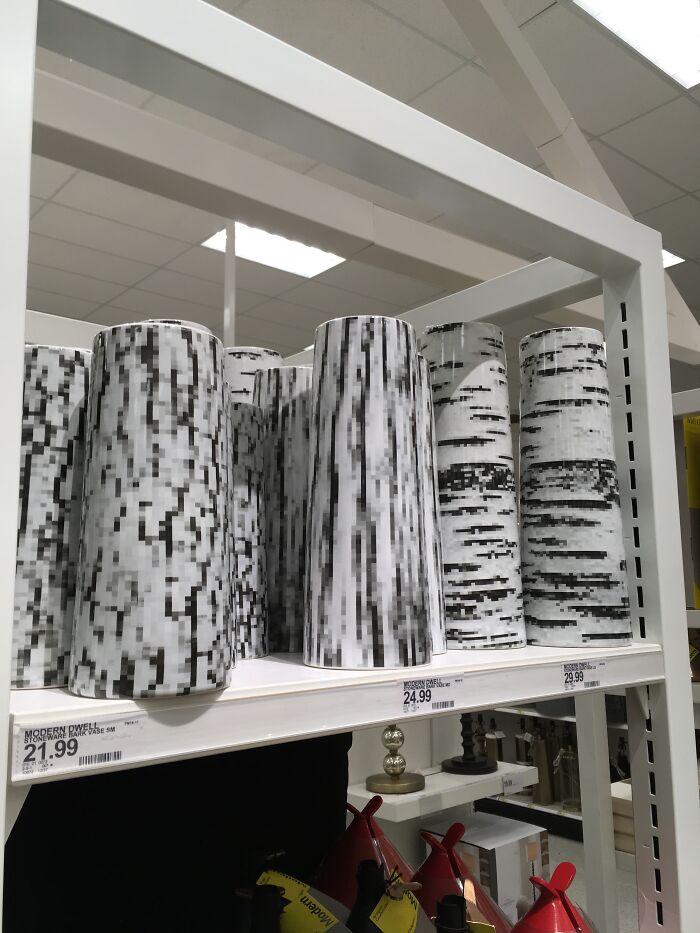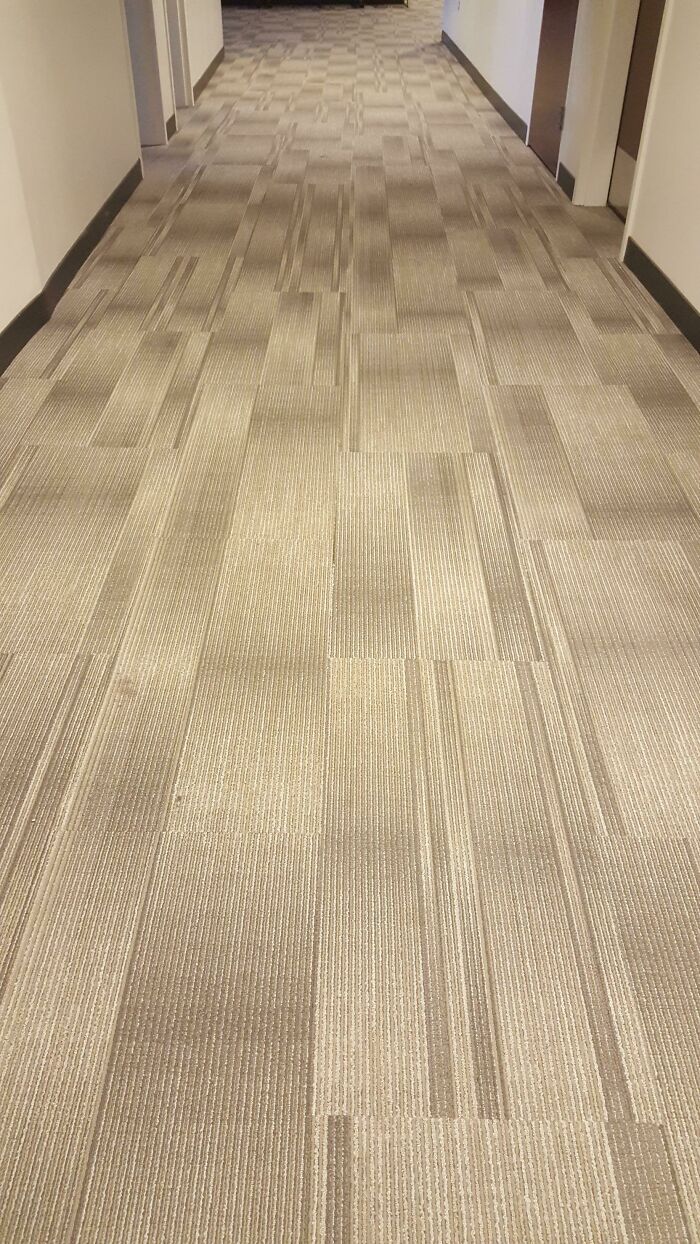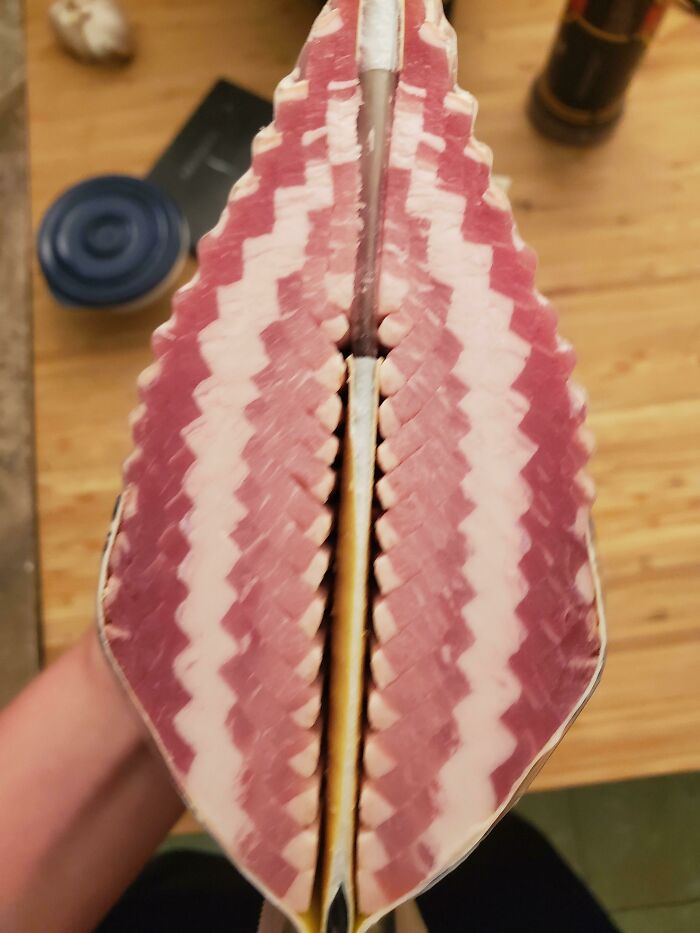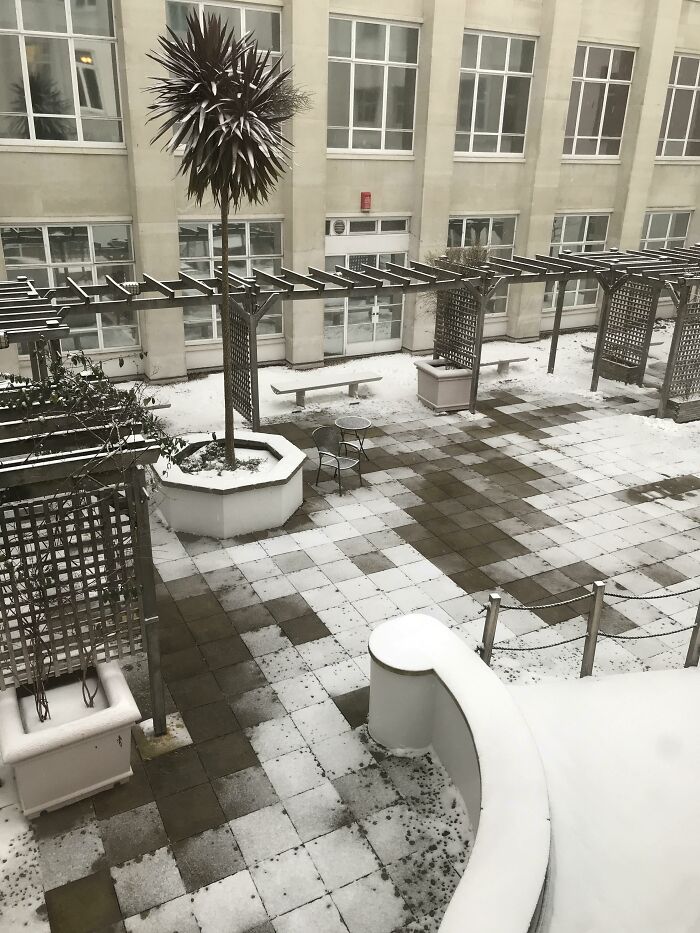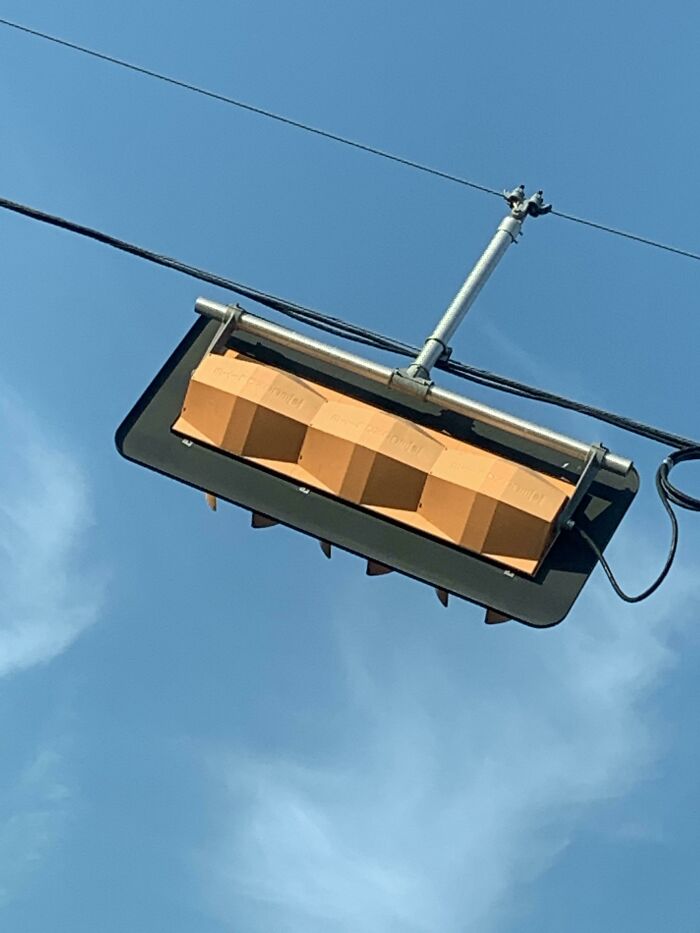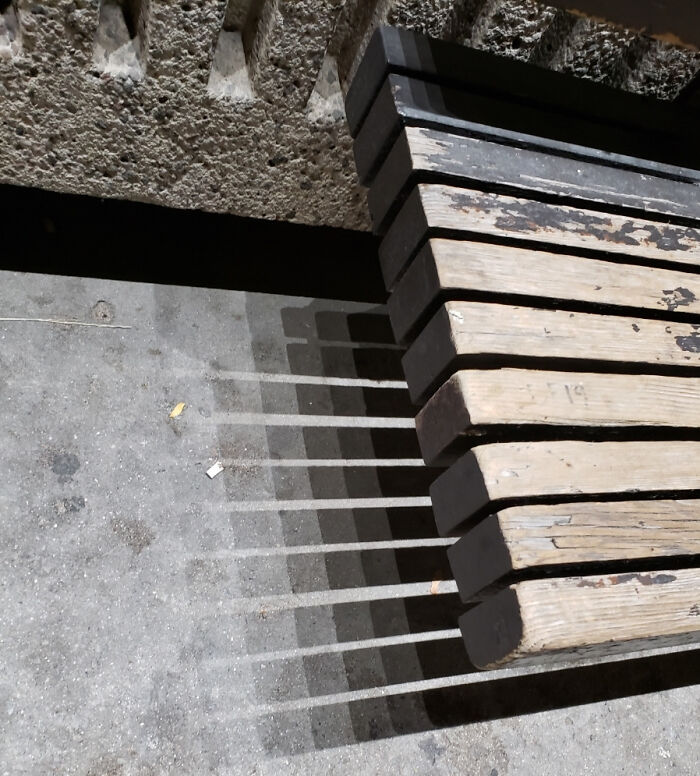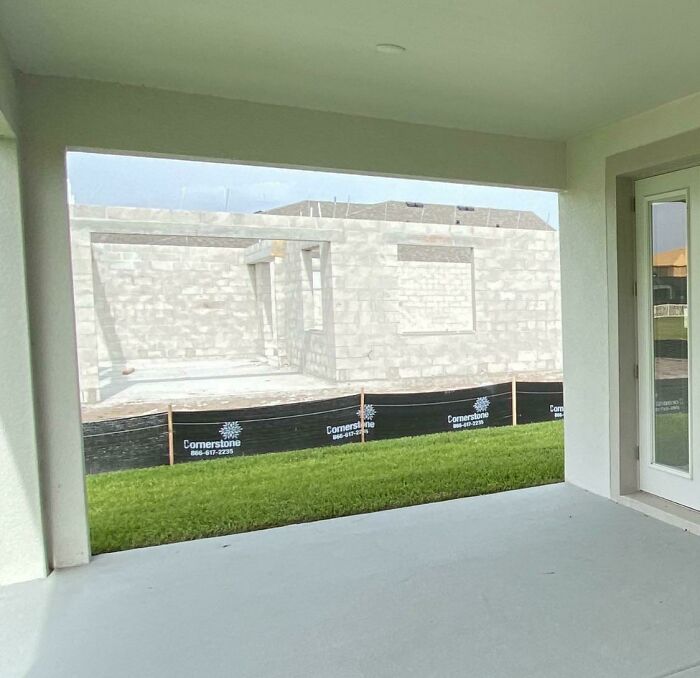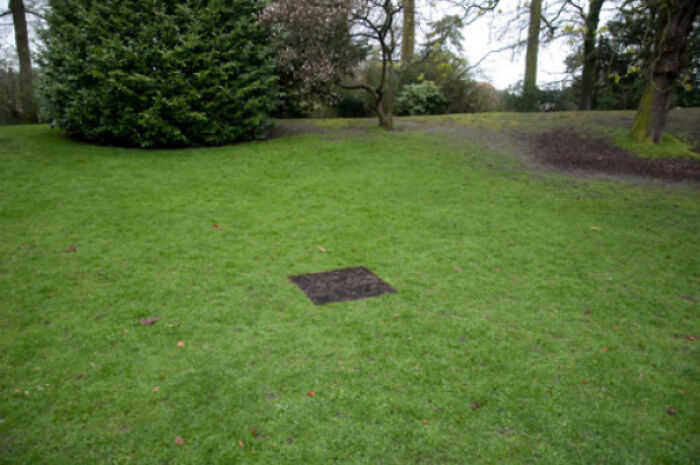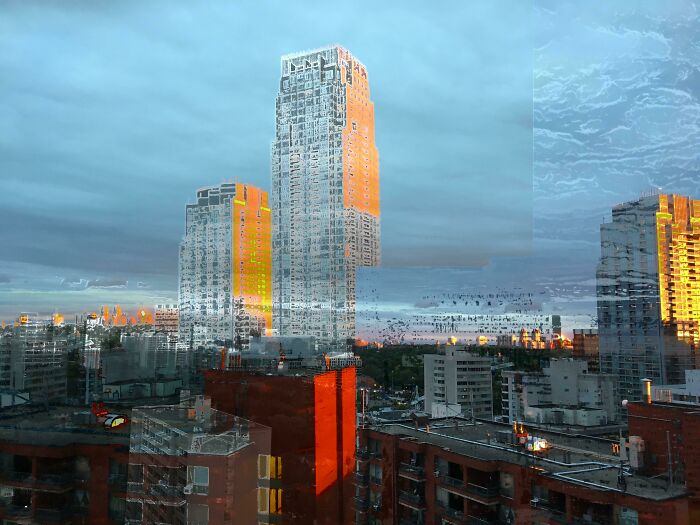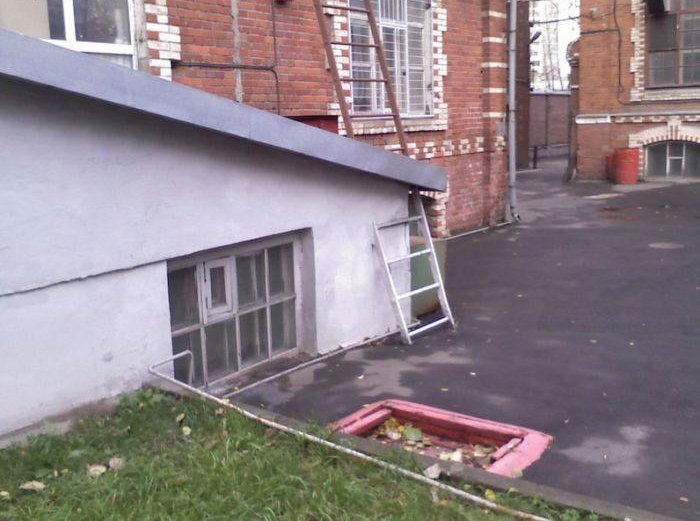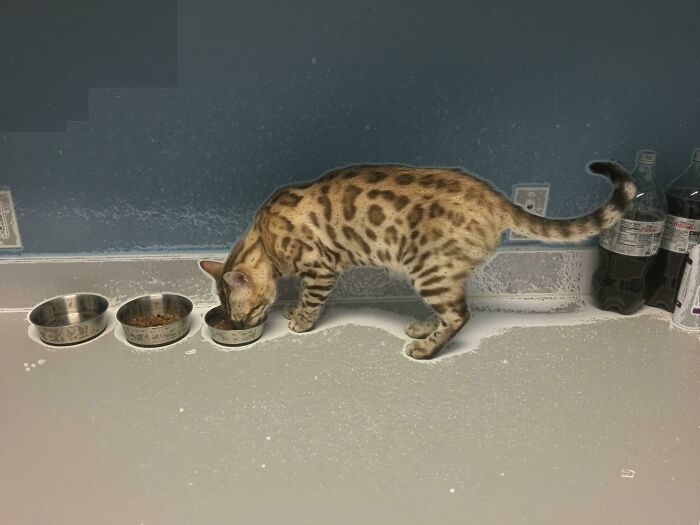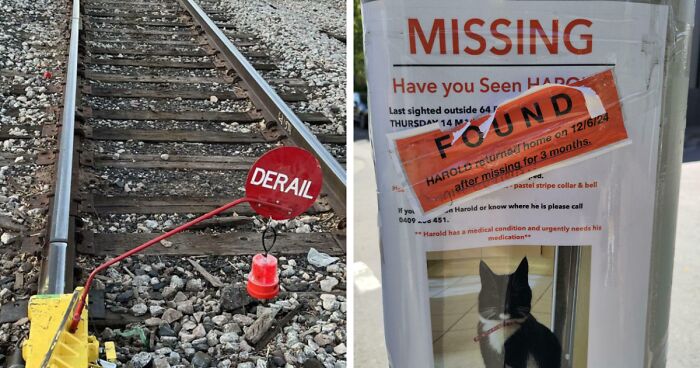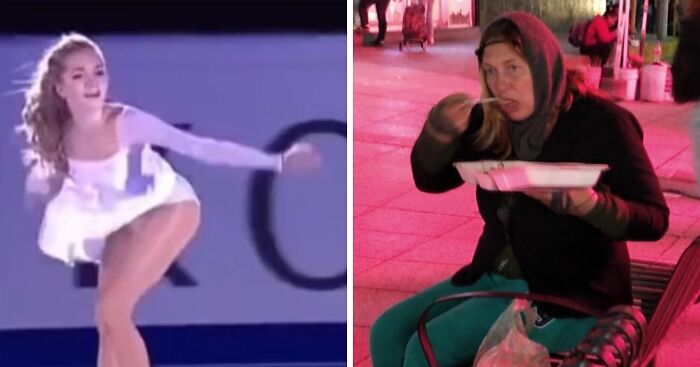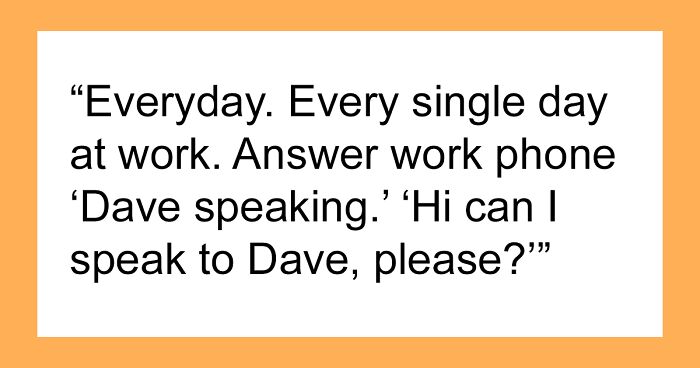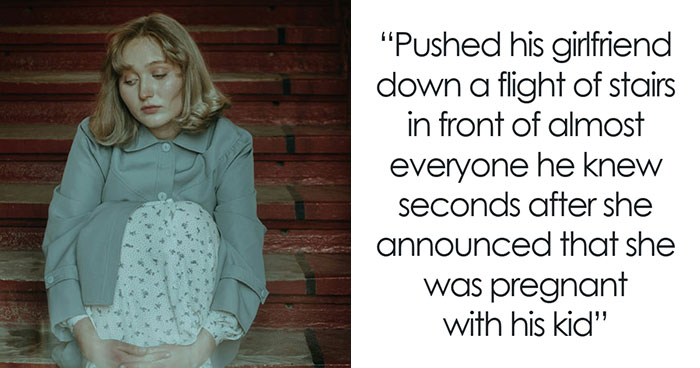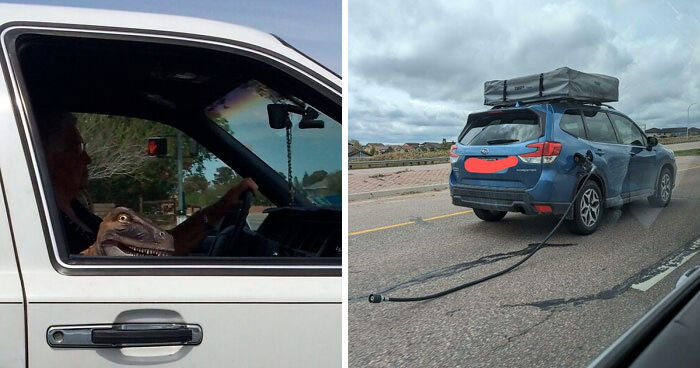If life was a video game… wait, what if it is? Below, we have some very intense evidence that points to the fact that our reality is full of weird, unexplainable glitches.
Quite like Blade Runner, GTA V, and even The Sims, what if Elon Musk was right and it’s one hell of a simulation? Well, let’s not just jump to conclusions before scrolling through this entertaining compilation of photos with things that look like rendering errors. Think of blurs, pixels, stuff being out of focus, you name it.
Upvote your favorite pics and be sure to check out our previous post with real-life photos that look like screenshots of a video game or a movie set.
This post may include affiliate links.
This Shadow From Two Different Trees In My Parking Lot
Entrance Of An Underwater Observatory In Lake Zug (Switzerland). I Took The Photo At The Weekend, Reminds Me Of The Truman Show
To find out what an expert had to say about computer rendering and what to make of these real-life visual examples that resemble such renderings, Bored Panda reached out to Arnas Gaudutis, a 3D lighting and rendering artist with 15 years of experience in the 3D graphics field, working on various projects from game art to film VFX and product rendering.
“Computer rendering usually is described as image synthesis, it's a process of generating an image from a 2D or 3D model by means of a computer program. Synonyms of render can be paint, draw, portray, reproduce,” Arnas explained.
8-Bit Pupper
A Friend On Social Media Spotted This One Pixel Glitch In The Matrix
This Picture Of A Car Bumper Taken After A Car Crash Looks Like It Belongs To A Car Coming From Another Dimension
He added that computer renders usually strive for photorealism, to simulate real world light and physics, and it's a really complex thing to compute for a machine. “Whereas in photography, a camera accumulates all light (photons) through the lens and burns into film or sensor by pressing a button. In a virtual 3D program, it's usually vice versa, all pixels of an image are generated through a virtual camera, where rays are shot from the camera, to get pixel properties—color, light, shadow, reflections, etc…”
This Building Looks Like It's Just One Wall Of Windows
This Is Flat Farmland In Eastern Colorado With Windblown/Melted Patches Of Snow Creating A Crazy 3D Illusion
When The Sun Is Directly Overhead In Hawaii, It Looks Like A Bad Video Game Render
Turns out that this way, “pixel by pixel (millions of them), an image is generated by a program, where the user defines its settings and creates objects, light and materials. These days, 3D programs and render engines are quite advanced compared to 10-15 years ago. They have technology that effectively simulates light and other complex real-world phenomena.”
Gotta Turn Up Render Distance
Part Of The Cloud Is In Low Resolution
This Floating Ice Effect Caused By A Flood
Contrary to what many believe, “Bad computer rendering usually is caused by the user, not the program, either from lack of experience or artistic eye,” Arnas explained. “You can make things look bad even with the most powerful programs. For example, a professional photographer can take amazing photos using his senses and knowledge of composition, while another person with the same camera and lenses can pick wrong angles or a bad camera setting can take horrible photos—you can't blame the camera.”
The rendering artist continued: “Same is with computer programs—decisions made in a creative process are the ones that make computer rendering bad or good. There are areas where some technological limitations can be the cause of a bad-looking render, or by time needed to achieve the perfect result being cut. So it's a combination of both user and program errors.”
The Way The Leaves Grow On This Tree Make It Look Blurry
My Buddy's Cup Before Our Final Exam Looked Quite Weird On The Table
This Grass Brick Combo
There’s this peculiar effect that bad rendering creates in images. “From an artistic point of view, bad composition or sense of lighting and material definition of objects in computer-generated images are the most common.”
“For example, the human face or eyes are the hardest thing to generate by means of a 3D computer program. There comes the term 'uncanny valley'—where even with the most advanced technologies, the generated image does not 'cut' the feeling that something is wrong or unrealistic,” Arnas said.
“From a technical standpoint, effects are,” he continued, “noisy images, jagged edges, or some other rendering errors that can happen during the process of generating the image, that give a feeling that it's not real or computer generated.”
Photo I Took Of The Charles River Looks Like Two Different Pictures
This Pattern Makes It Look Like The Floor Suddenly Drops Off
Poorly Rendered Trees, Just A Transparent Texture
Arnas reminded us that in the computer world, everything is way too perfect, like smooth surfaces, razor-sharp edges, evenly spaced objects and so on, and thus, it can result in unrealistic rendering effects. Meanwhile, in the real world, nothing is perfect, he said. Things like “dust, scratches, deformed lines and shapes can be barely noticeable to the eye, but it gives the sense of reality.”
It turns out that imperfections make things realistic. “Computer rendering strives for photography or real-life effects, where commercial photography sometimes strives for the super clean surfaces, reflections or other effects like in computer-generated images,” Arnas explained.
Someone Hasn’t Completed The World Of Light Map
Textures On The Church Hasn't Loaded Yet
This Fence Looks Like The Boundaries Of A Game's Playable Area
When asked what he thinks of photos called ‘real-life bad rendering artifacts,’ Arnas said that it's either artistic choice or an undesirable effect that can happen due to human error. “Most of them are artistic choices, some of them being at the right time or place, picking the right angle or setting, you can capture strange-looking real life phenomena,” he said.
The Furniture In This Room Made The Photo I Took Look Like A Render
Not A Glitch In The Photo, Jama Masjid, Ahmedabad
A Black House In Germany
Moreover, “not all things that we can see with a naked eye or camera can be realistic or beautiful, where a computer generated image can have technological limitations (for example, no shadows or reflections in old games) rendering it as unrealistic.”
“Every day we see things that surround us, and it burns into our mind what is natural to us; sometimes nature or the right setting can trick us into questioning if it's real or looks fake,” Arnas Gaudutis concluded.
Sky.exe Failed To Load Some Pixels
Floating Truck Canopy
A Glitch In The Matrix
Also known as visual examples of “IRL glitch in the matrix,” the interest in such visually confusing photos has to do with another greater trend. Those who believe in the theory of simulation, Elon Musk included, find such pictures not just entertaining, but illustrative of the fact that no reality is objective and perfect. Ours included.
And while for some, this is purely a subject of debate to elaborate on with friends over a bar counter, some truly believe that our universe is a simulation run by a higher-order technological civilization. So in order to find what exactly that means and how it changes our perspective of reality, we reached out to Gunnar De Winter, the science communication specialist at the Flanders Institute of Biotechnology.
The Apple's Skin I Cut Looks Like From A Low-Poly Game
“Basically, the simulation hypothesis is the idea that our lives, our universe is a simulation run by some higher-order technological civilization,” Gunnar said and continued: “This rests on the assumption that at some point a civilization will have the computational resources to run such a civilization.”
“If they then run several of such simulations, we could additionally assume that, if we are a random sample, we're more likely to be one of the simulations rather than one of the rare 'real' civilizations,” he explained.
Drive Past This Building Every Morning, Finally Enough Traffic Today To Safely Take A Picture
Eastern Redbud Looks Out Of Focus
This Mosque In Istanbul Looks Like It Was Rendered On The Lowest Settings Possible
Gunnar explained further: “Let's say that we are indeed living in a simulation, what would that mean for us as individuals? For your daily life, probably not much. Could you hack the simulation or find cheat codes? Even if possible, that would be risky. We are part of the simulation, so if you break it or have the beings who do the simulating turn it off, it would effectively erase our universe.”
This Building Looks Like It Had A Rendering Error
The Shadows Aren't Rendering Properly
Just The Tide Line, Church Bay, NZ
On the other hand, Gunnar added that you could argue that living in a simulation is an encouragement to live life to the fullest. “After all, the more interesting you make it for whoever is running the simulation, the lower the chance that they would flick the off button.”
“Finally, living in a simulation—and being aware of it—would bring a whole host of interesting philosophical questions to the forefront, as well as consideration on religion, and so on,” he explained.
My Peeler Gives Pixelated Looking Peels
I Think There's A Glitch In The Matrix
When The Trees Don't Render
When asked whether there’s a possible way to prove or disprove that we live in a simulation, Gunnar said that there are a few ideas, “but as for whether those are actually technically possible—that's way beyond my expertise.”
He continued: “Most of these ideas are about either zooming in or out. We could try to look at the smallest bits of reality, the resolution of the simulation. If we find a certain 'pixel size' that doesn't fit with our current physical theories, that might be a clue.”
This Bizarre Brickwork On My Neighboring Building
Downloading Windows - 90% Complete
"Lahaina Noon" Is When The Sun Is Positioned Directly Overhead, And It Causes Some Objects To Look Photoshopped Into The World
“On the other hand, we might look at some of the largest representations of the universe we have. If there are unexpected patterns in the cosmic background radiation, that could be a clue as well. Clues, of course, are not evidence. As Carl Sagan said: 'extraordinary claims require extraordinary evidence,'" the science expert concluded.

 Dark Mode
Dark Mode 

 No fees, cancel anytime
No fees, cancel anytime 


